Nukufetau Atoll Bolsters Pacific Conservation and Enhances Community Resilience by Removing Invasive Rats
Our projects to restore key islets in Nukufetau Atoll forecast climate resilience and community benefits in Tuvalu!
Our new online shop is live!
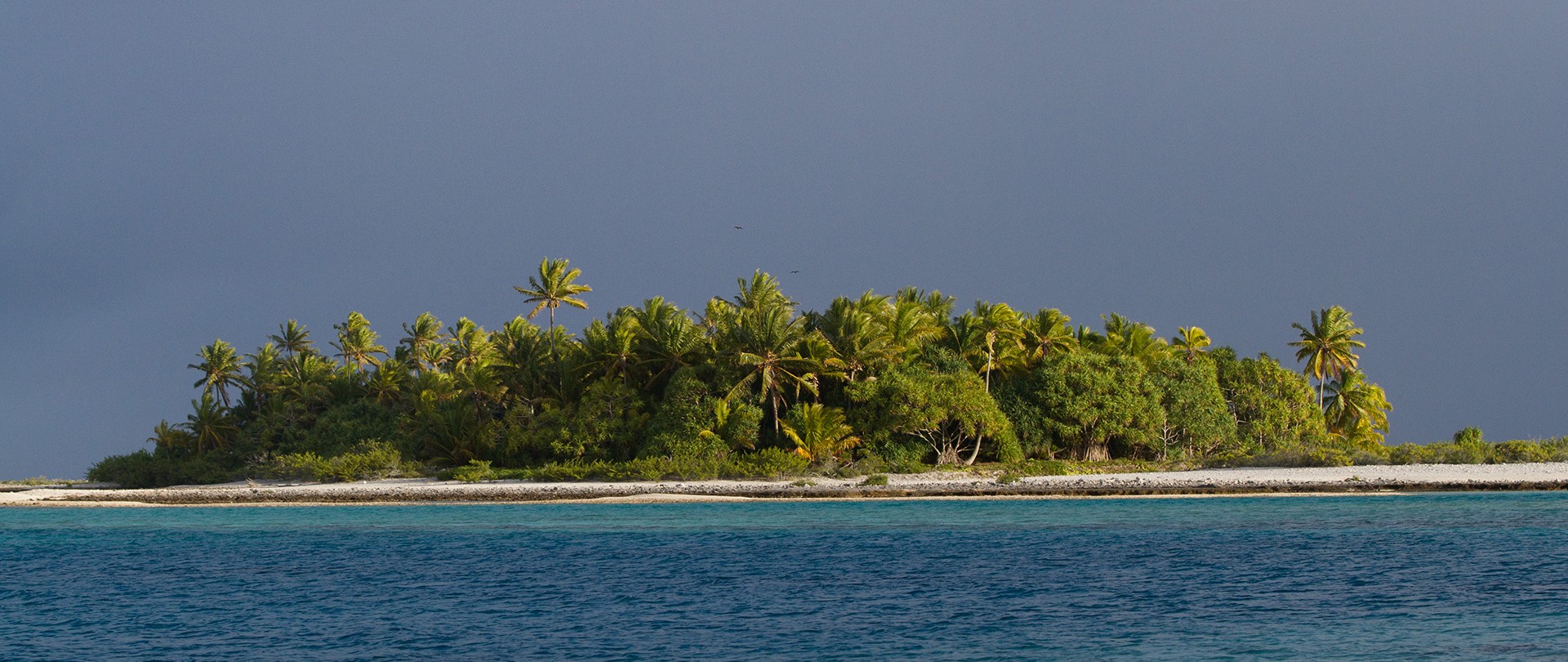
What does island restoration look like?
Our projects focus on working closely with local communities and global partners to remove introduced, damaging invasive species and accelerate the recovery of native plants and animals. By addressing these key environmental challenges, we improve coral reef health, enhance climate resilience, and bolster food security for island communities.
Each project is carefully scoped, planned, executed, and monitored to ensure long-term success and measurable impact.
Explore our projects and see how we’re driving lasting change worldwide.
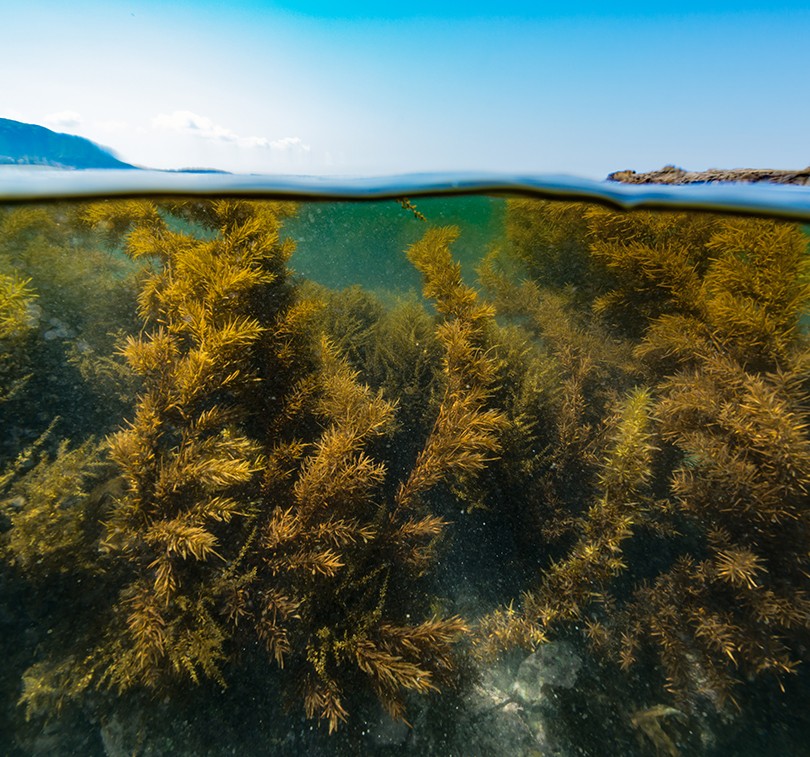
Click on an area to see the latest project updates.

Our projects to restore key islets in Nukufetau Atoll forecast climate resilience and community benefits in Tuvalu!
Read More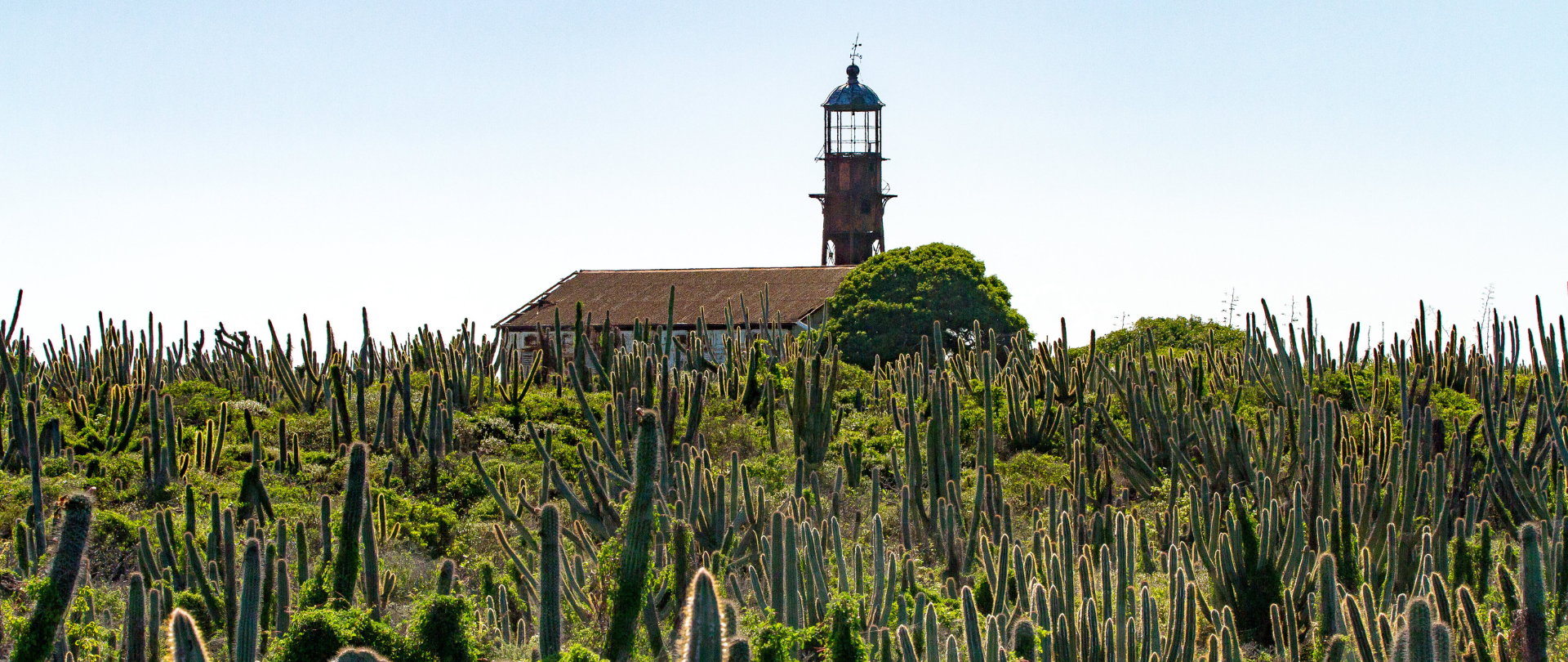
Mona Island, Puerto Rico is a key nesting ground for endangered species--but it's in danger! Read about our project to…
Read More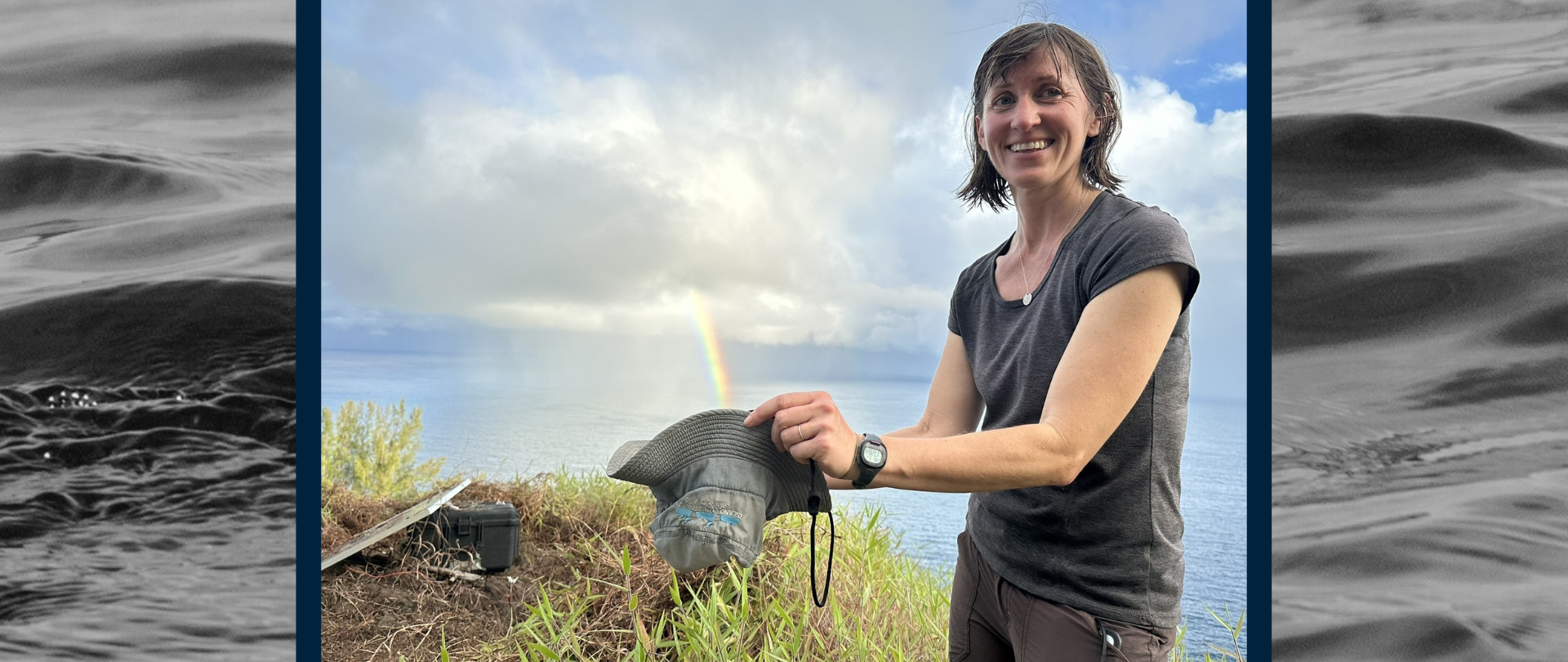
Read Coral Wolf's interview about the thrilling news of rare birds nesting on Kamaka
Read More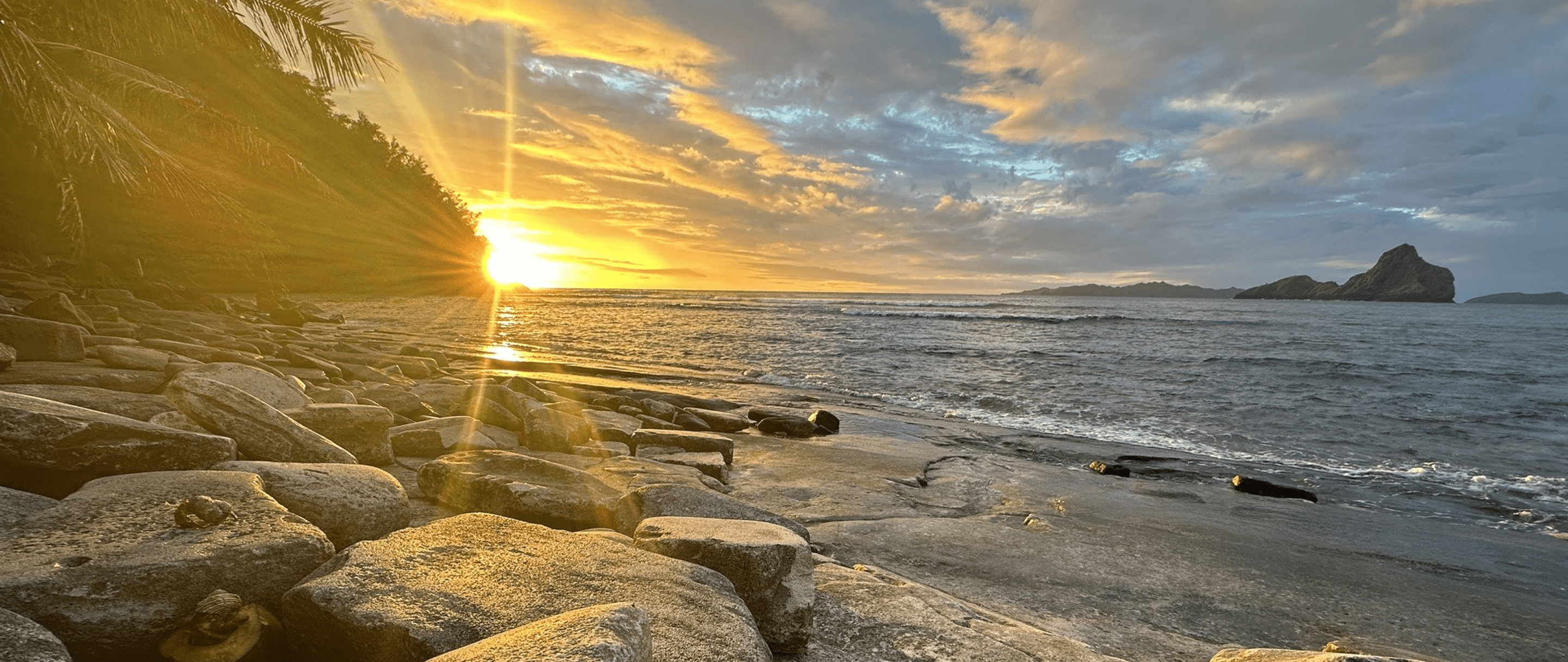
Endangered Polynesian storm-petrels returning to Kamaka Island, French Polynesia within one month of social attraction tools being deployed. Polynesian…
Read More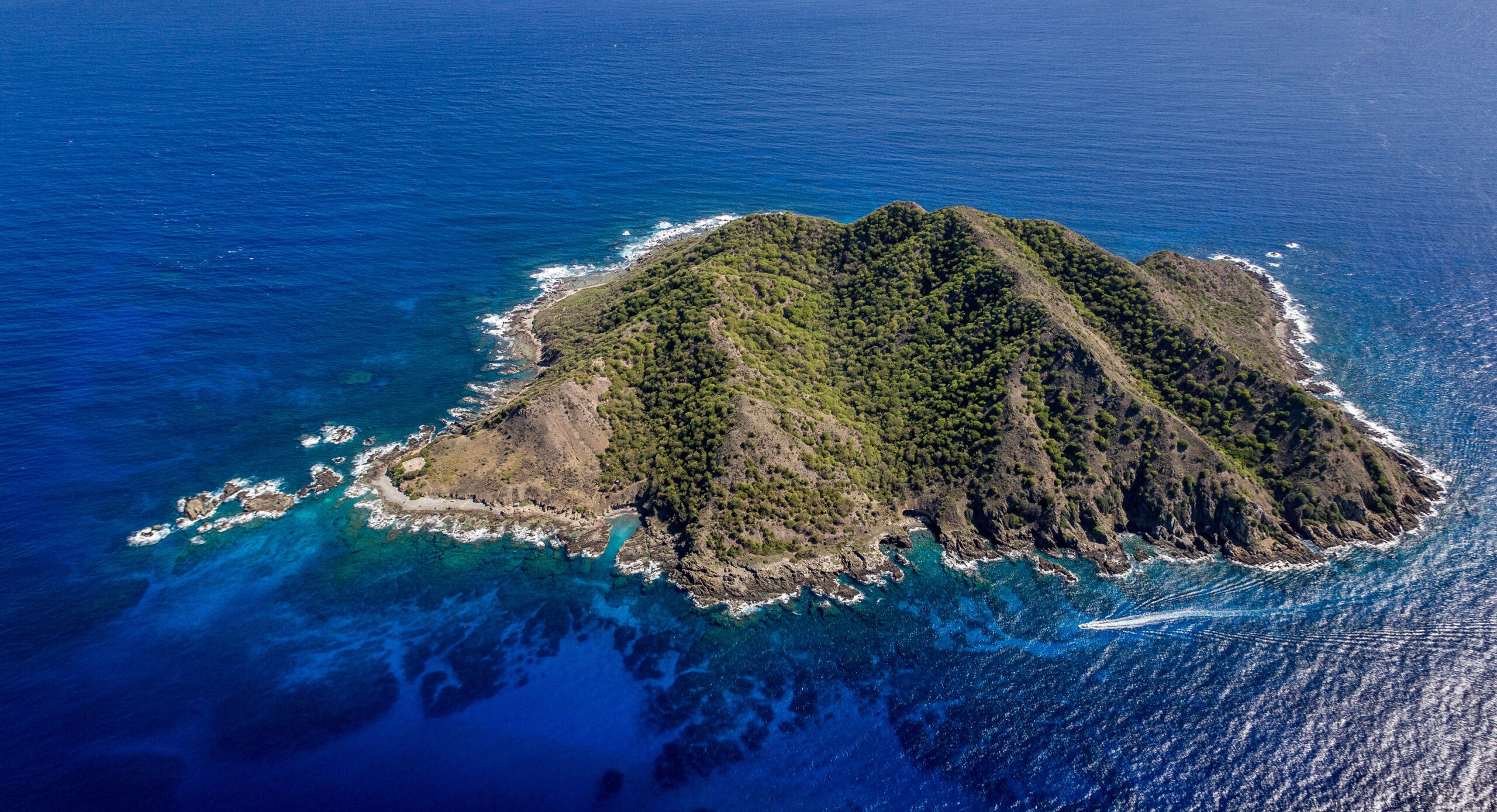
Audubon's Shearwaters are nesting on Desecheo Island for the first time ever! Read about how we used social attraction to…
Read More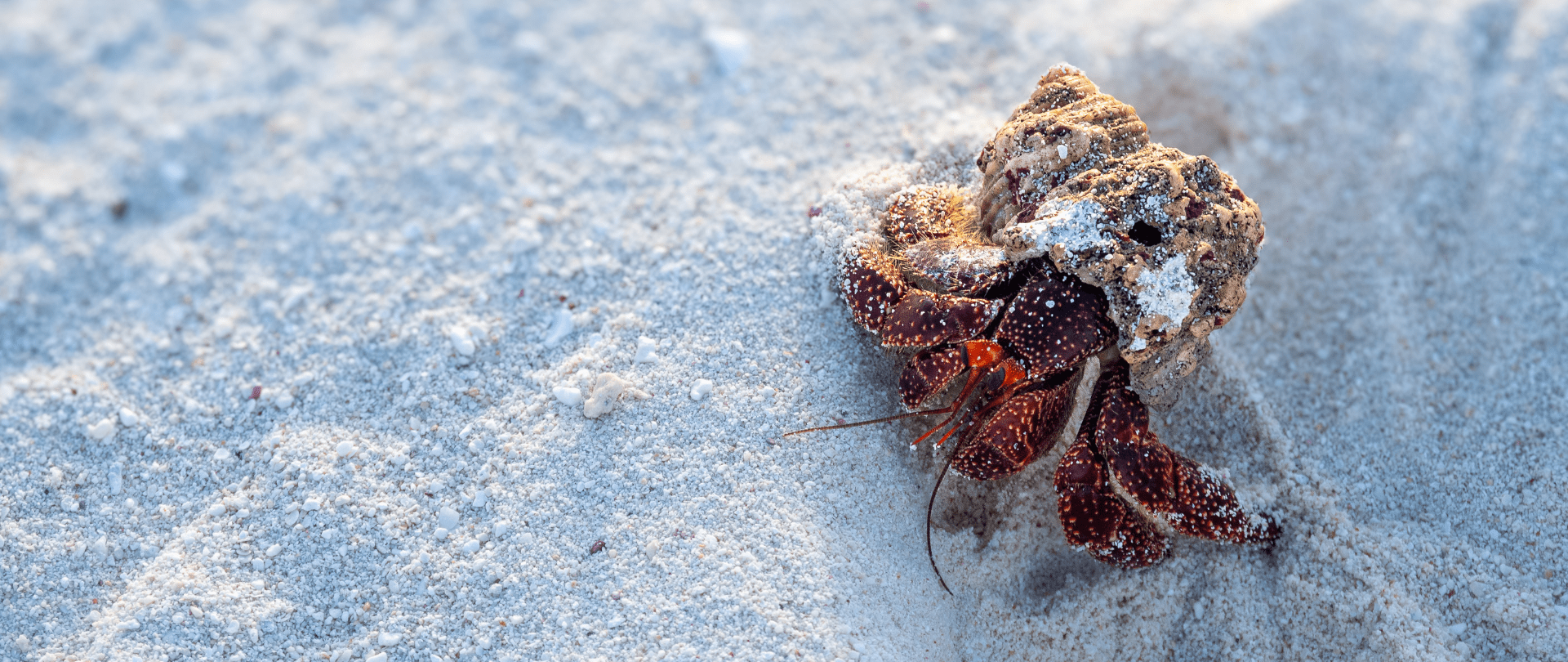
Three Island-Ocean Connection Challenge projects in the Republic of the Marshall Islands bring hope for low-lying coral atolls!
Read More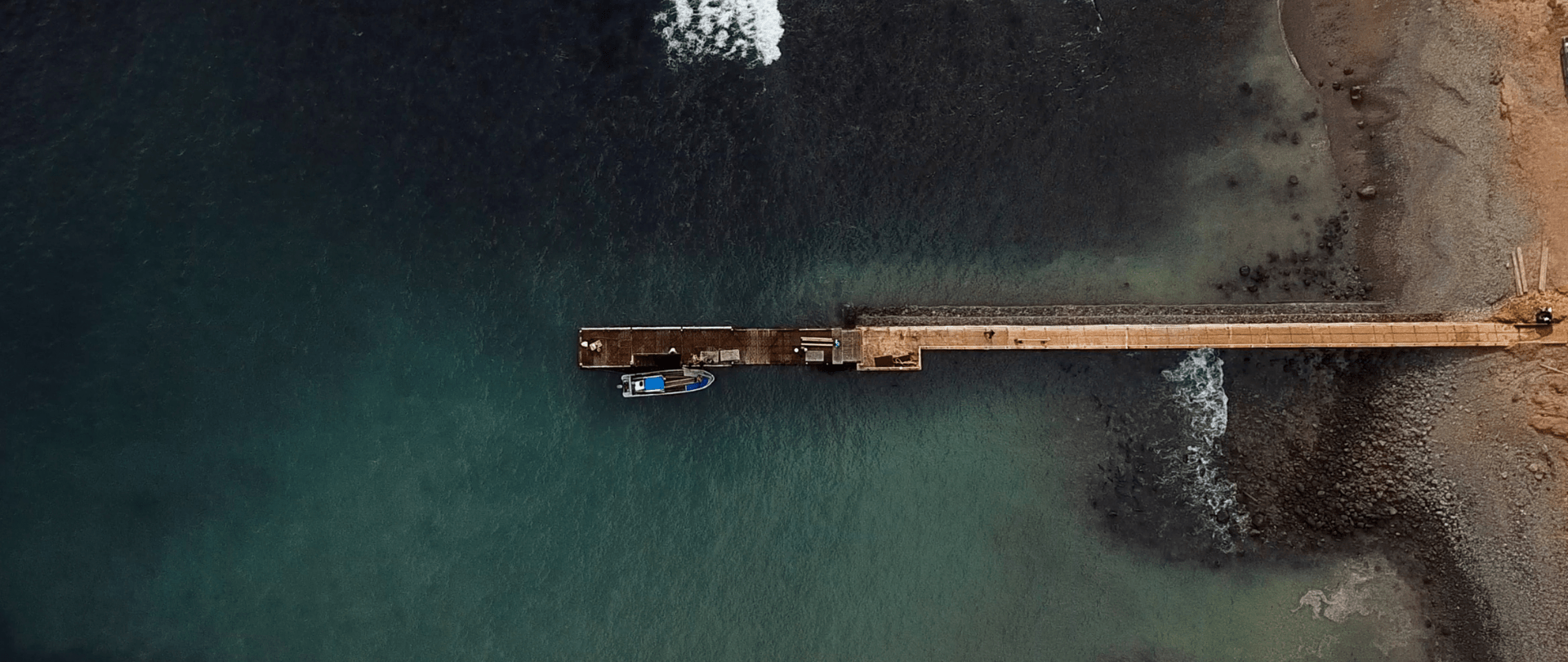
Part 1 of filmmaker Cece King's reflection on her time on Juan Fernandez Island in Chile, learning about conservation and…
Read More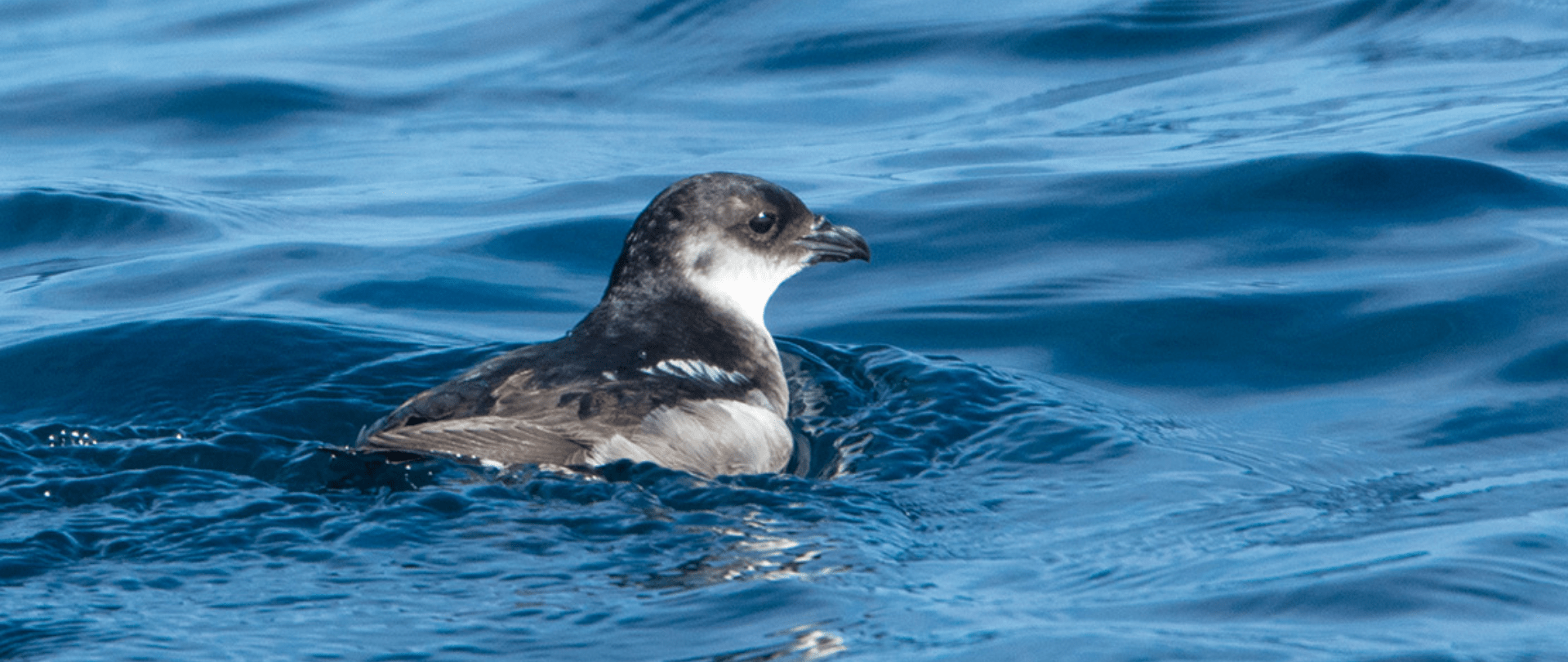
After decades of absence, rare Peruvian Diving-Petrels have returned to nest on Pajaros Uno island, recently free from invasive predators!
Read More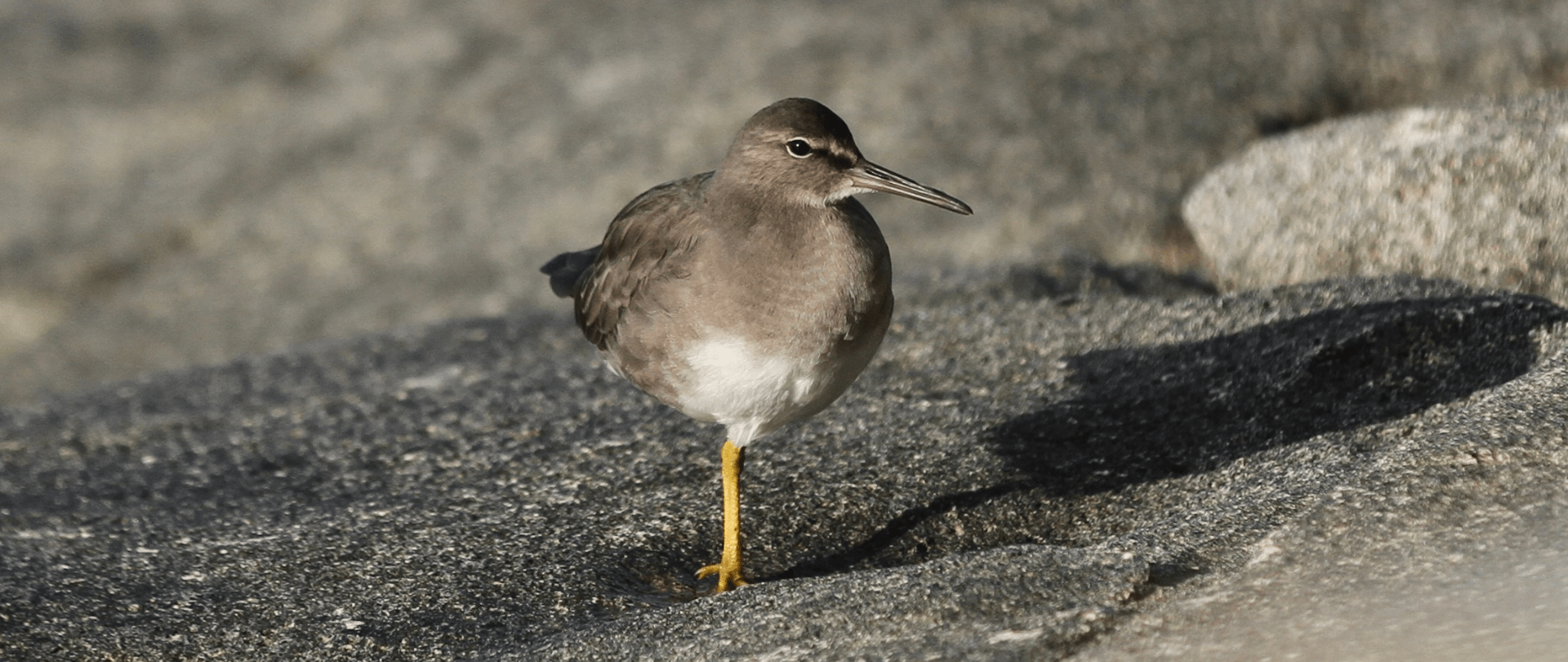
Read the account of citizen scientist Jim Torgerson's journey to Kamaka to help save Polynesian Storm-petrels!
Read More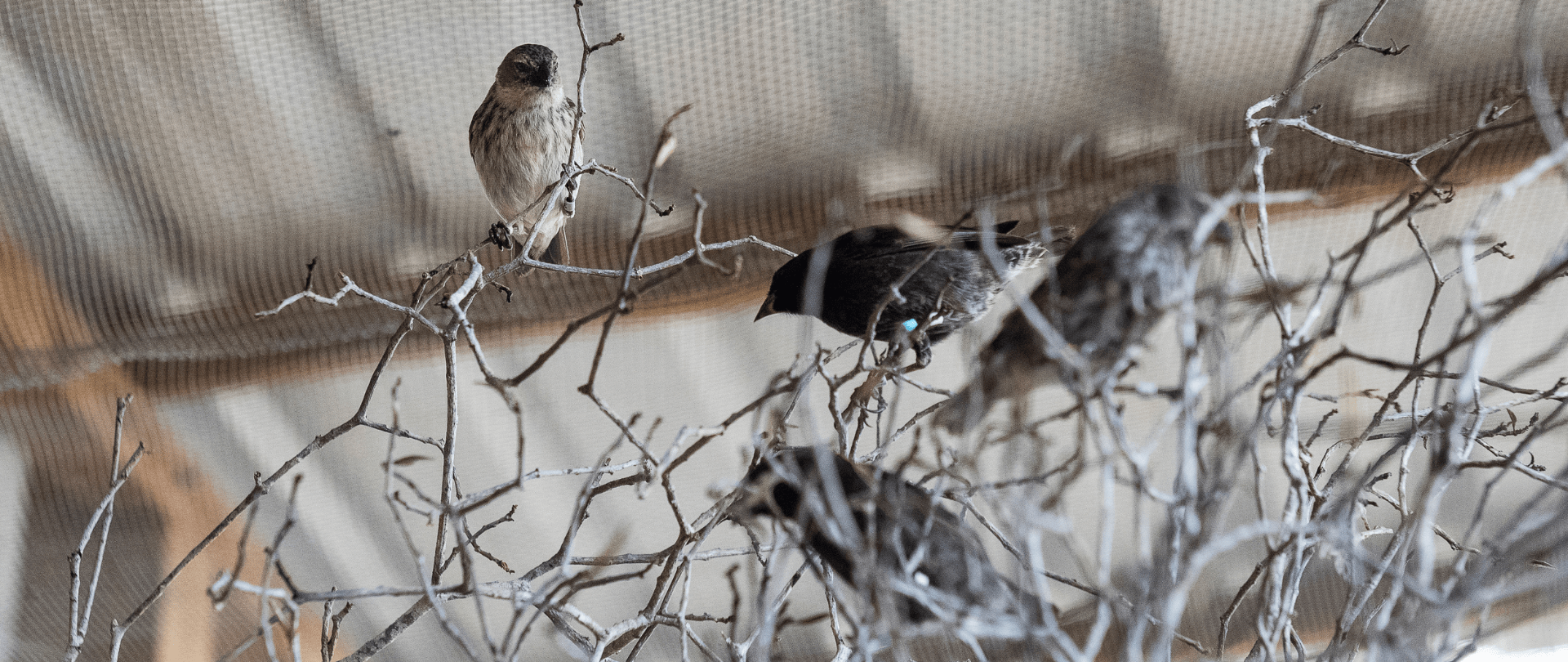
Five native finch species were released on Floreana Island, forecasting success for the largest conservation project in the Galapagos!
Read More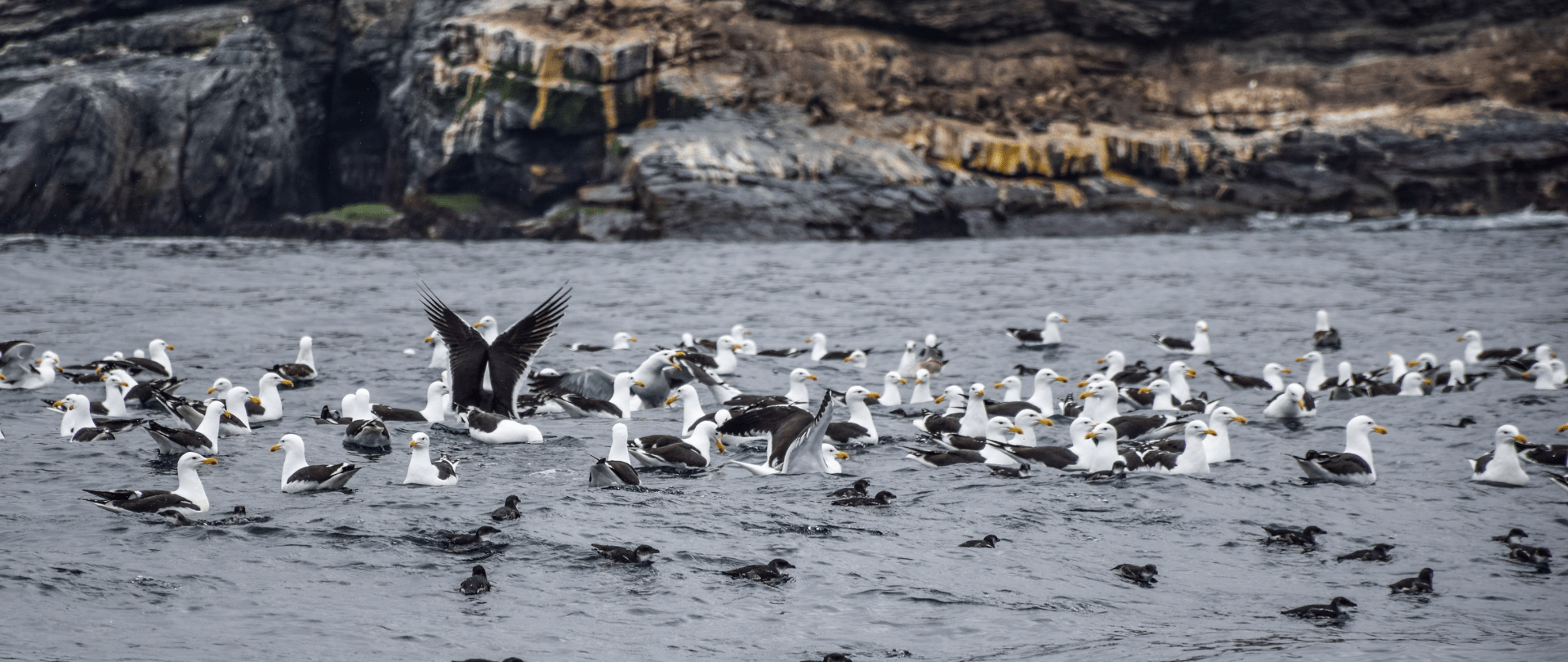
Endangered Seabird Population Flourishing on Chilean Island for First Time in Decades Thanks to Invasive Rabbit Removal
Read More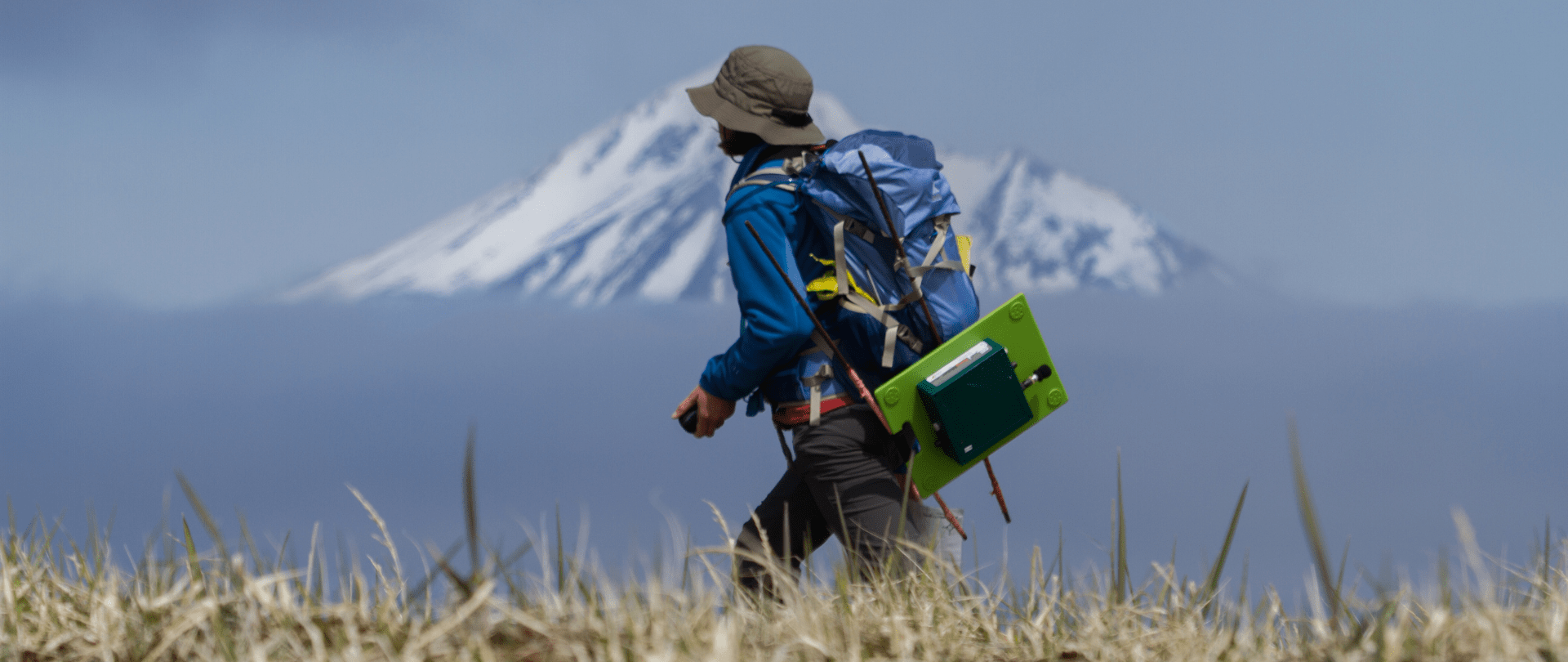
A recent article in Canadian Wildlife Magazine spotlights Island Conservation's work on Hawadax and around the world!
Read More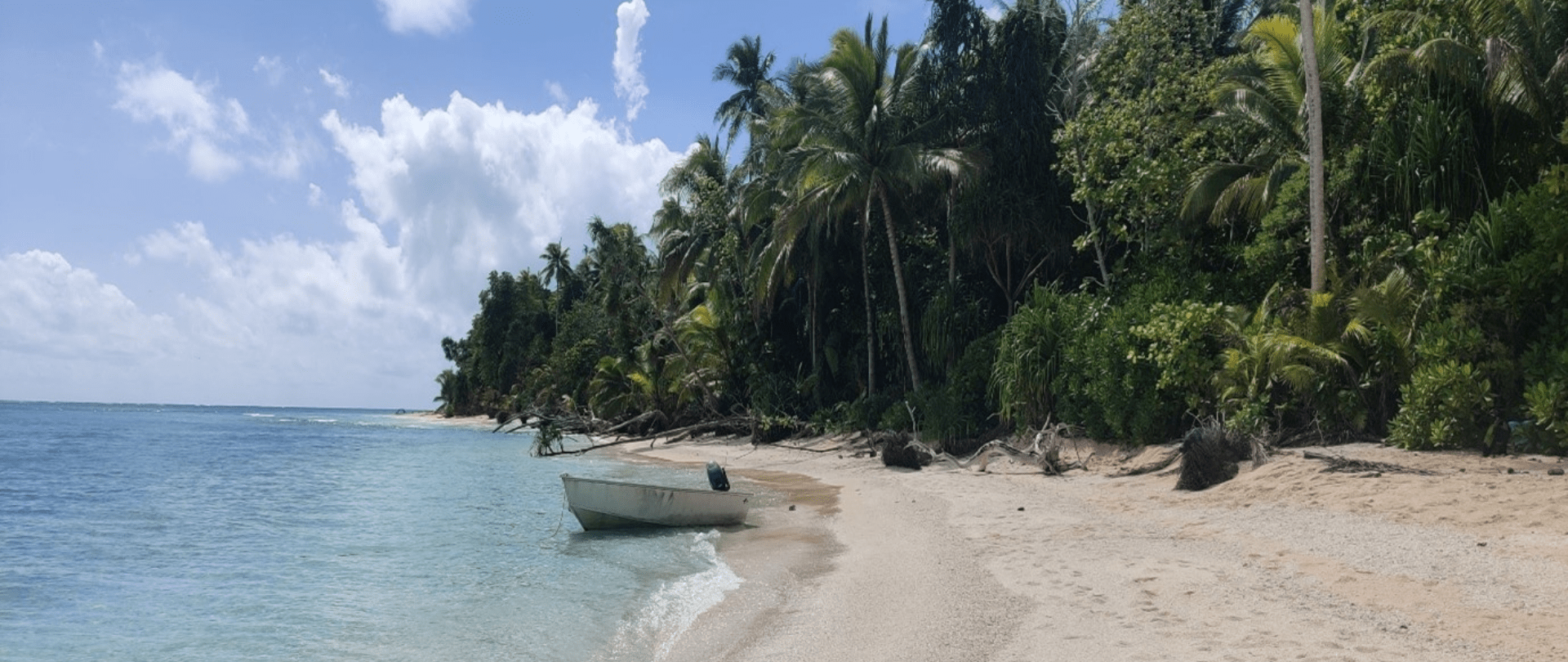
A restoration effort on Tuvalu brings new hope for a low-lying atoll plagued by invasive rats.
Read More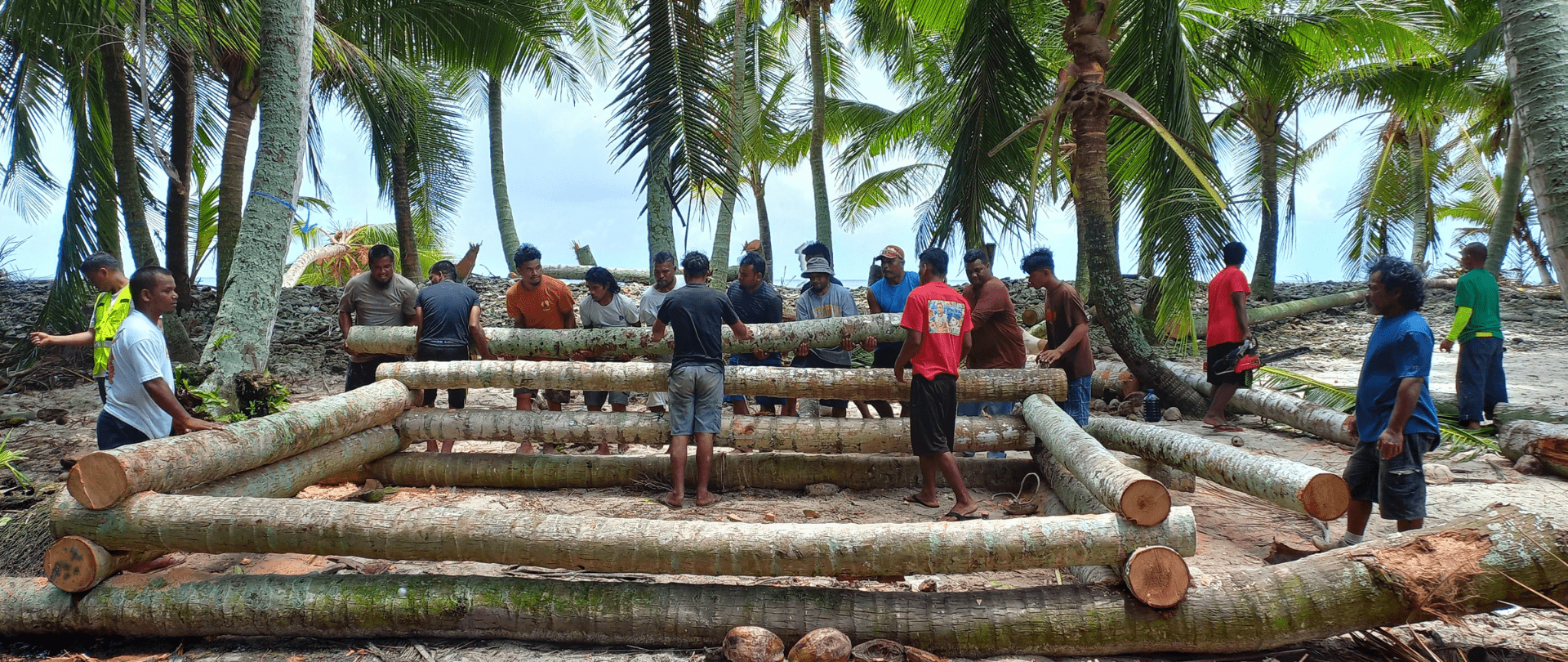
By: Paul Jacques, Island Restoration Specialist In March this year I first set foot on the coral sand beach of…
Read More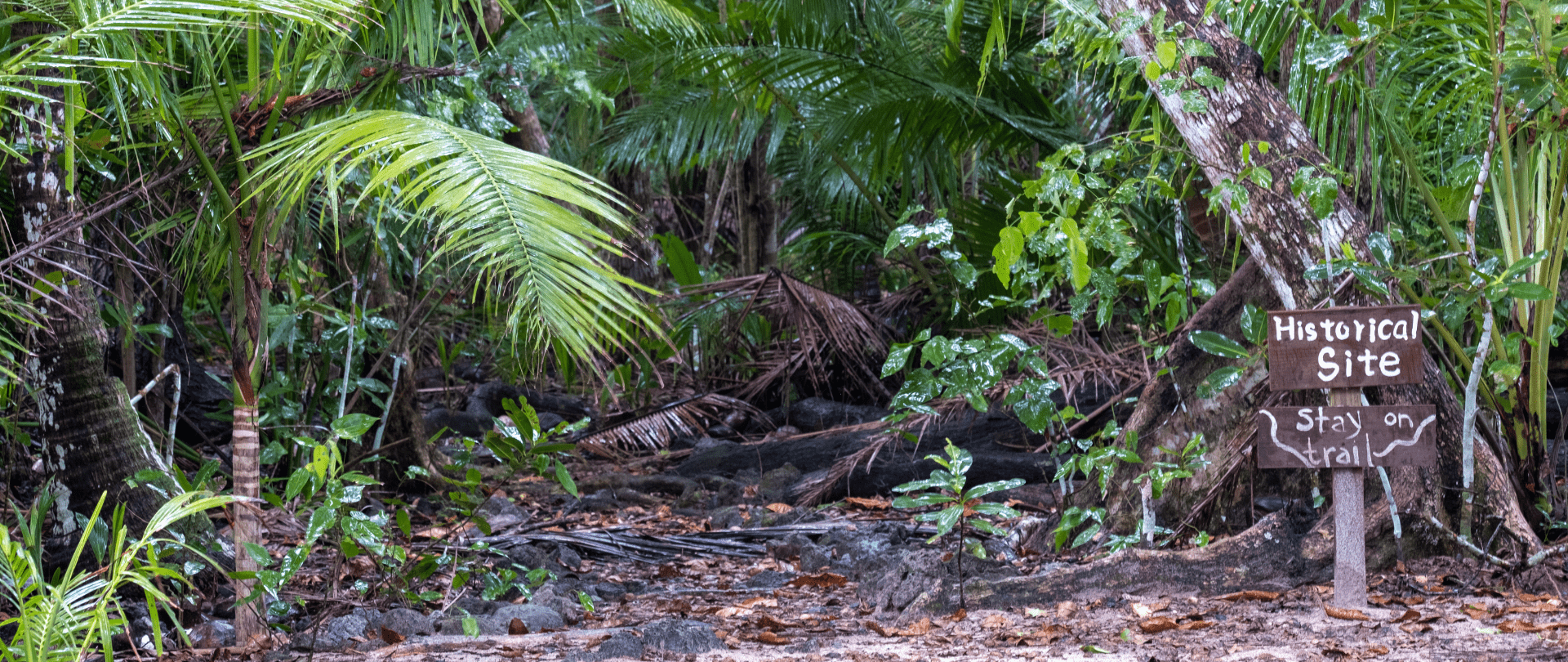
Island community partners with international organizations to restore biodiversity and build climate resiliency by removing invasive rats. Native plants and…
Read More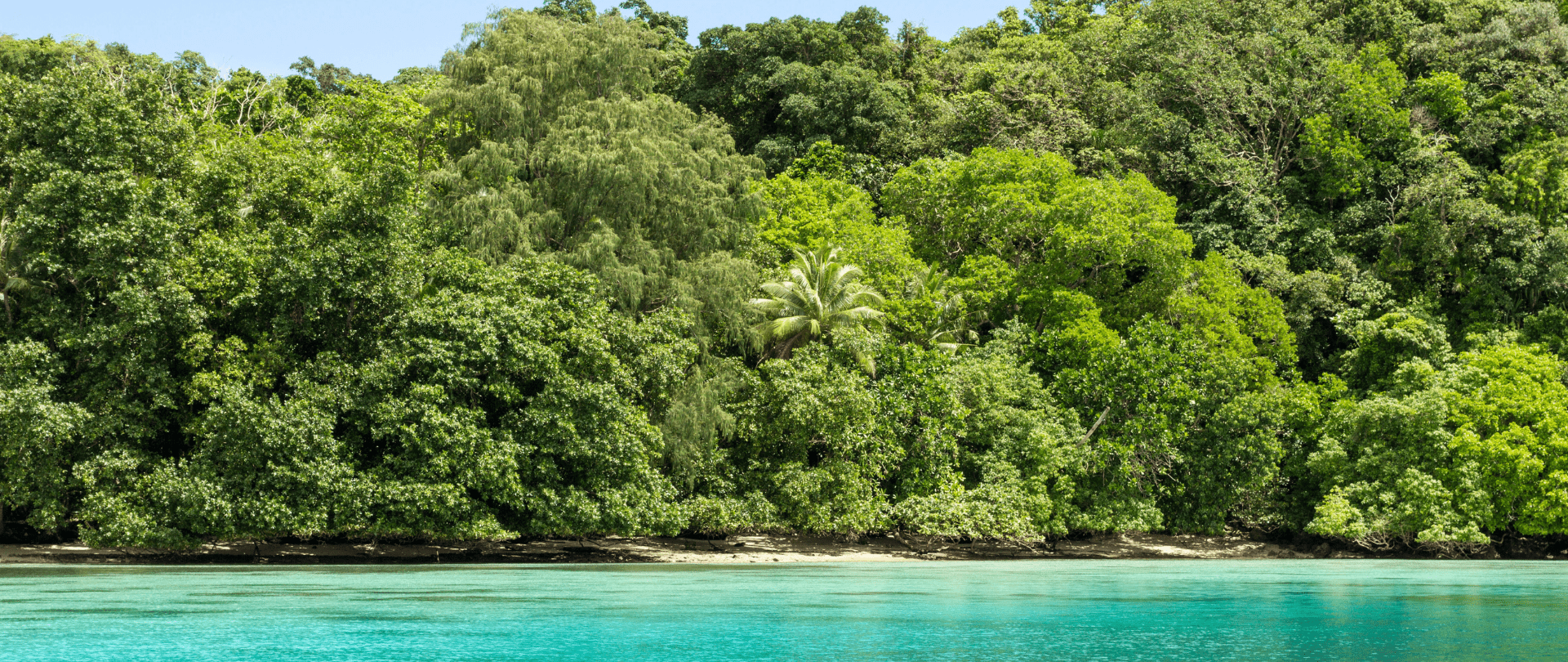
Island Conservation’s Palau Program Manager, Loyola Darius, shares the story of recovery on Ngeanges Island and Kayangel Atoll after the…
Read More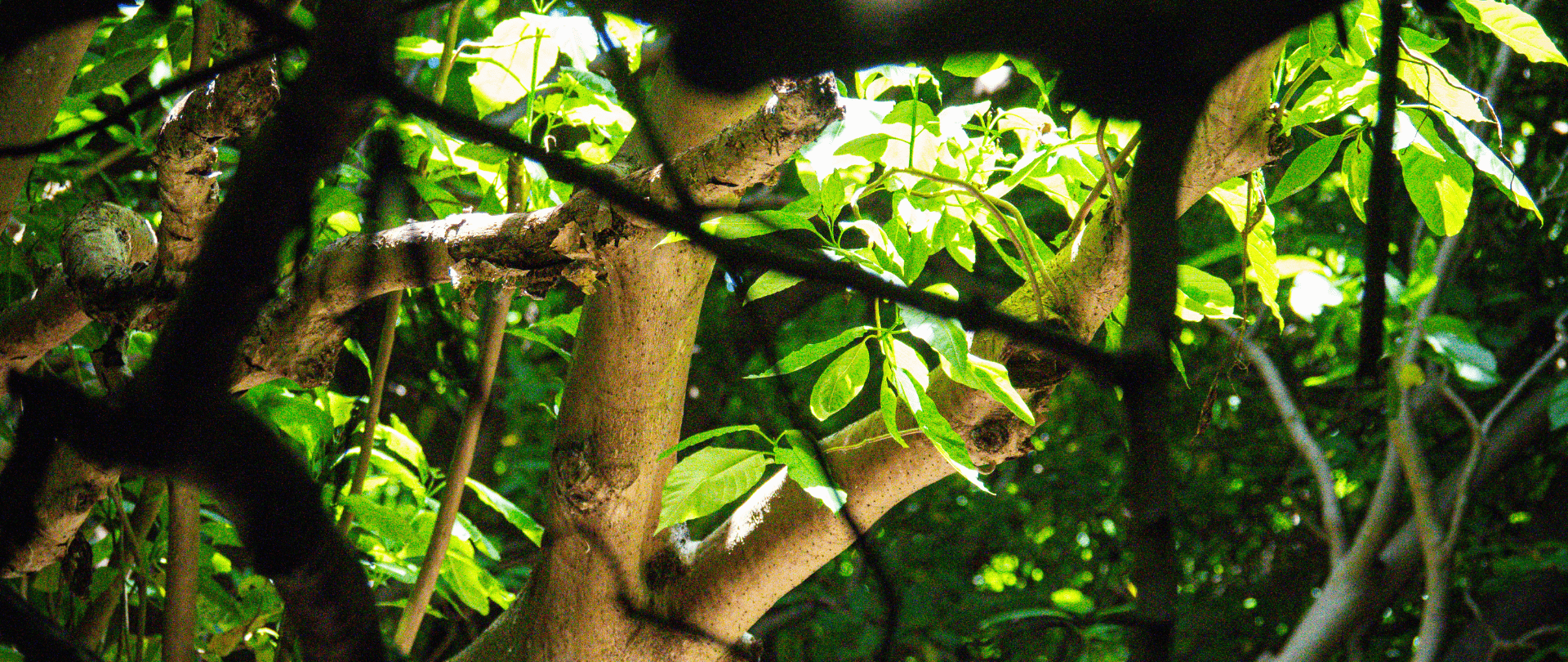
Seabirds are once again thriving thanks to the successful removal of invasive rats In its efforts to adapt to climate…
Read More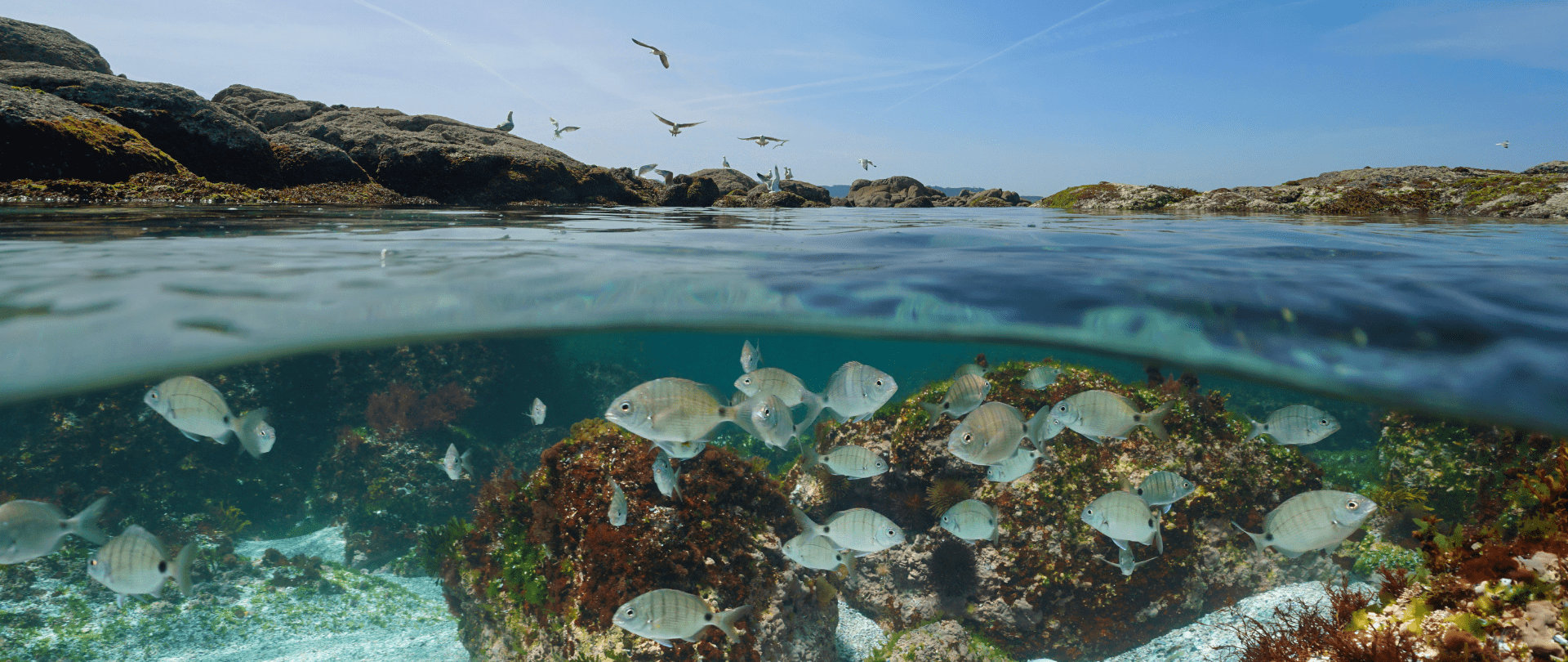
Island Conservation, Re:wild, and UC San Diego’s Scripps Institution of Oceanography, along with a growing cadre of Island-Ocean Connection Challenge…
Read More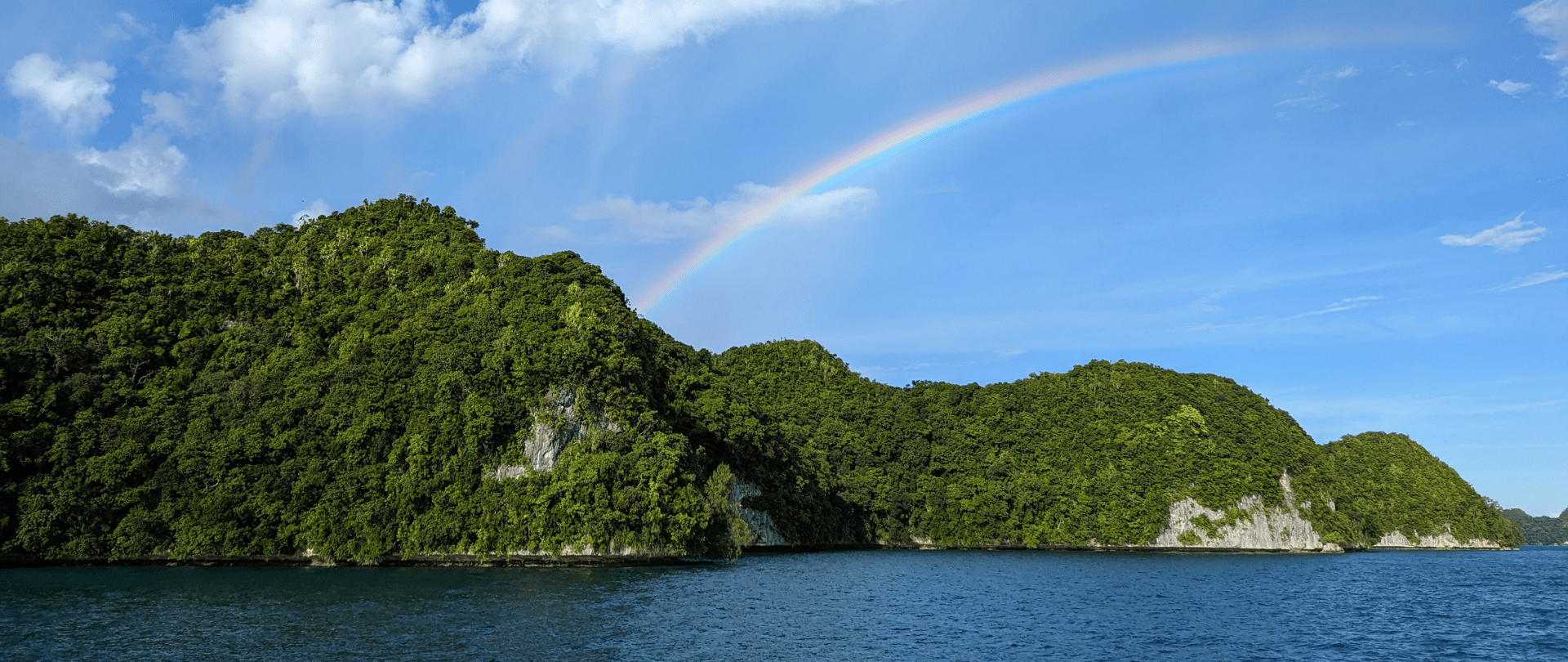
High above the ocean and carved within limestone cliffs in the north-west of Ulong Island lie ancient caves that contain…
Read More
Three years of planning, several weeks of intense field work and more than 500 drone flights were required to complete…
Read More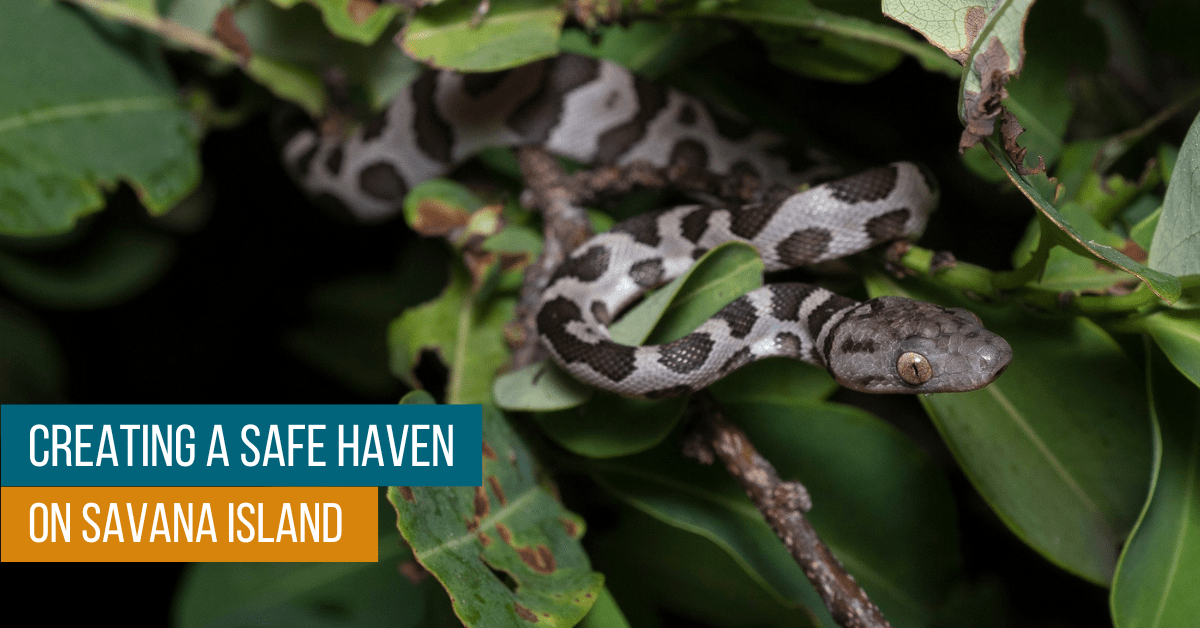
Island Conservation is releasing a request for information from companies that can supply aerial application services for the removal of…
Read More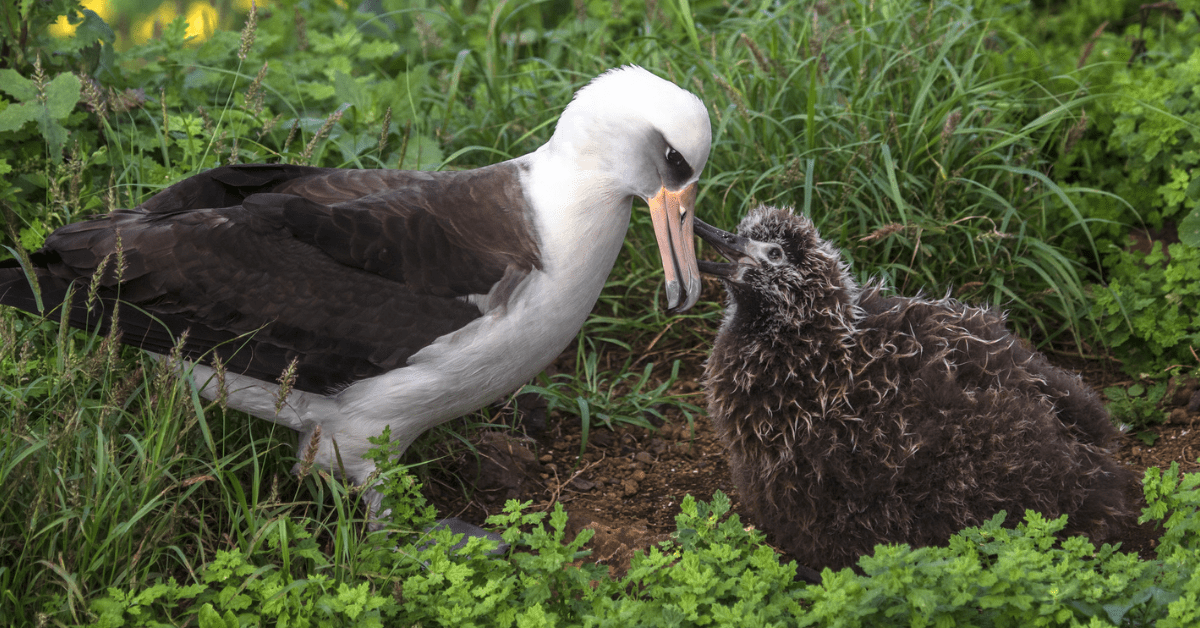
What happens when you remove predatory rats from an island where native birds are constantly threatened, their eggs are eaten,…
Read More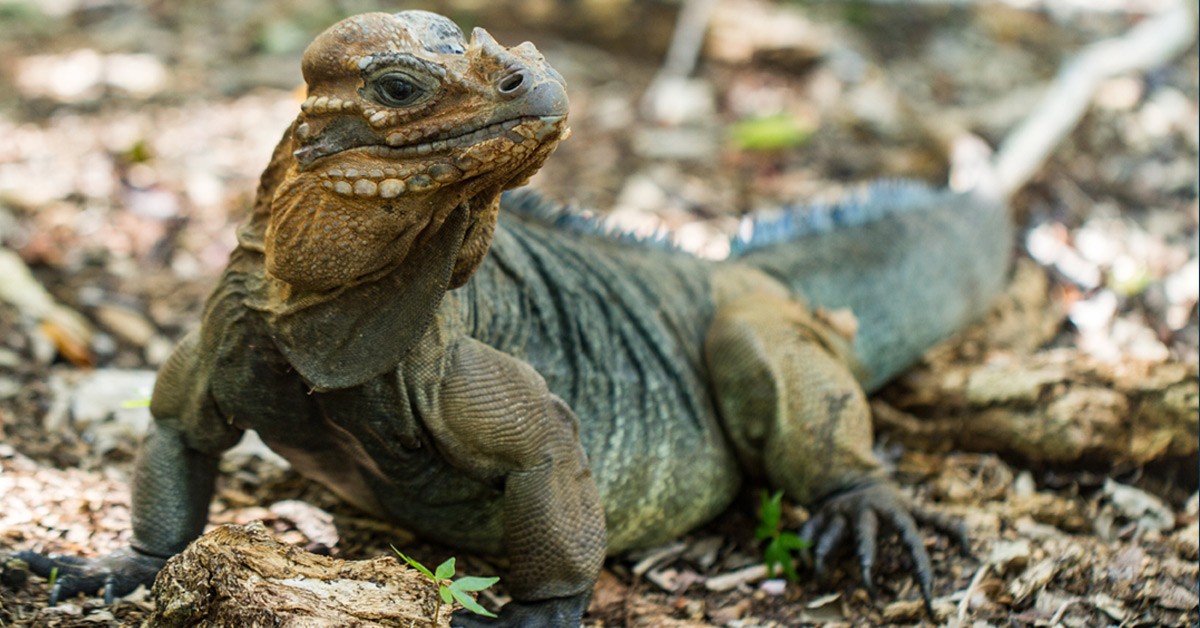
The Mona Iguana (Cyclura stejnegeri) is a Critically Endangered species of lizard found only on Mona Island, Puerto Rico. It…
Read More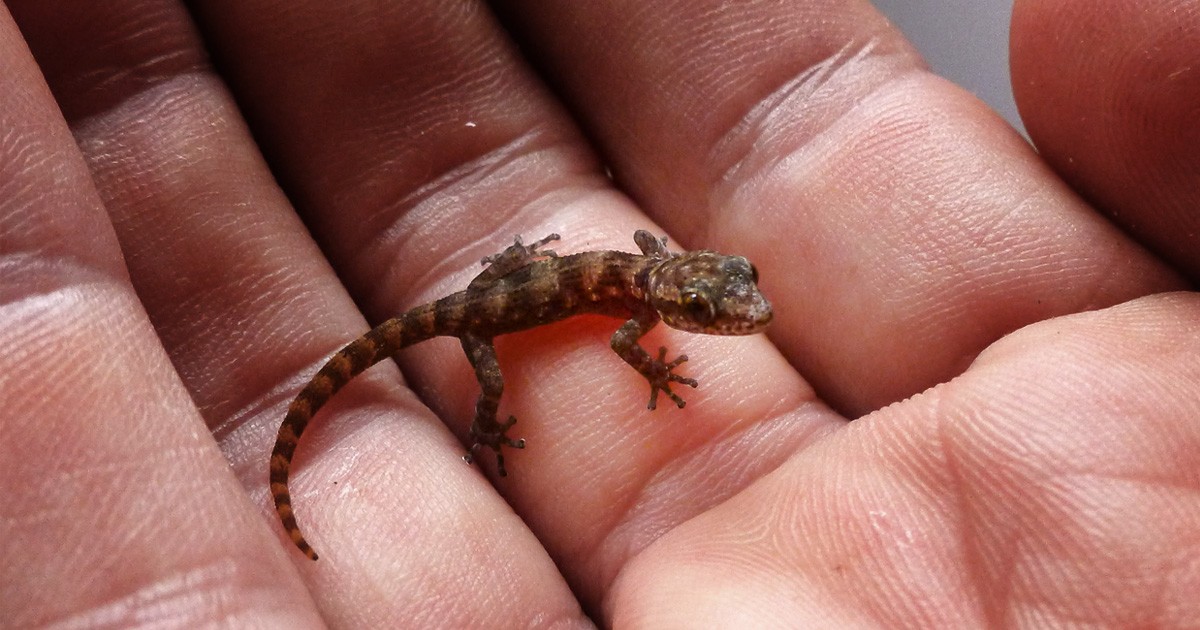
Two species that were previously extinct on the Galapagos Islands have reappeared a decade after an invasive predator population was…
Read More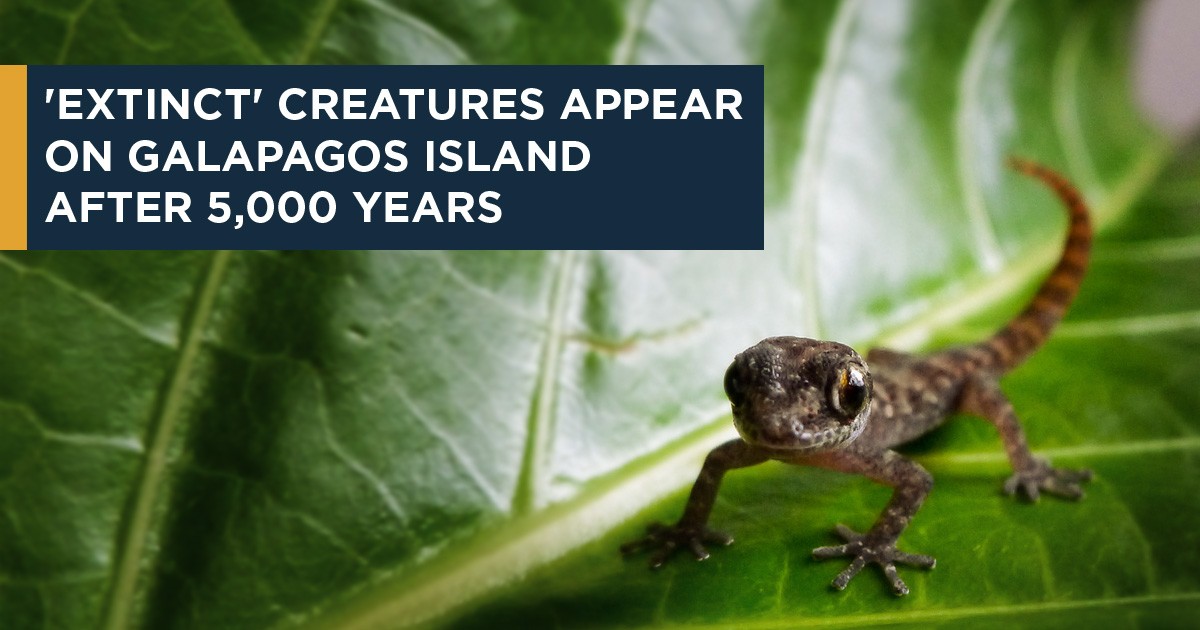
This article is a reprint from Newsweek published on December 12, 2022 by Aristos Georgiou. You can find the press…
Read More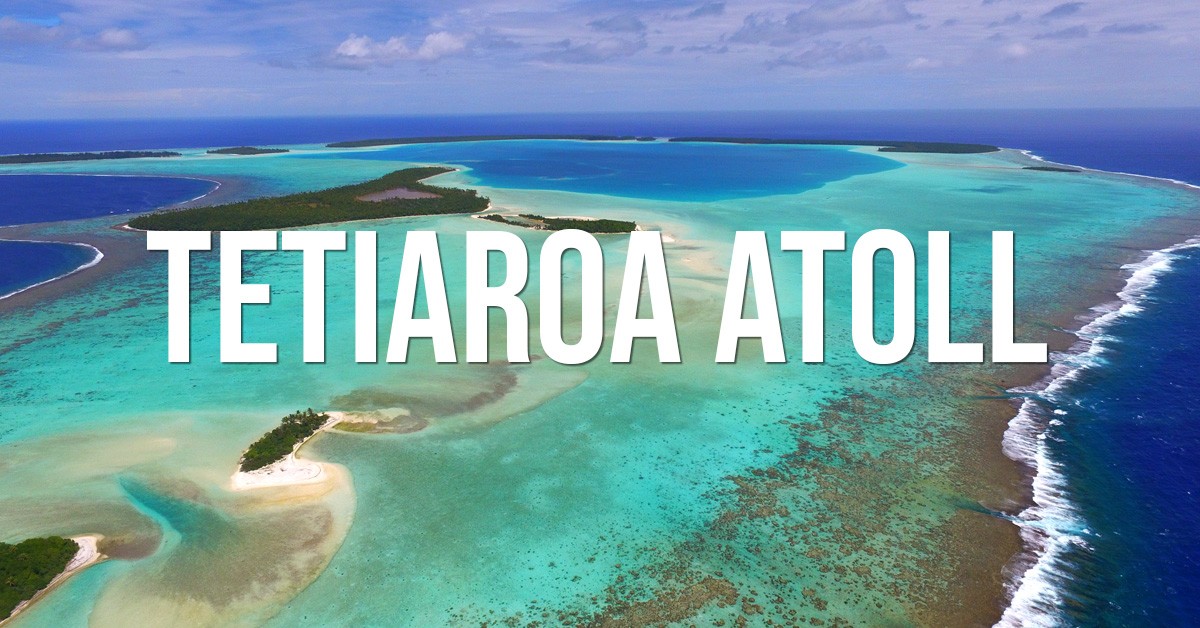
Our fearless Island Restoration Specialist dedicates so much of his time and expertise in the field – all to protect…
Read More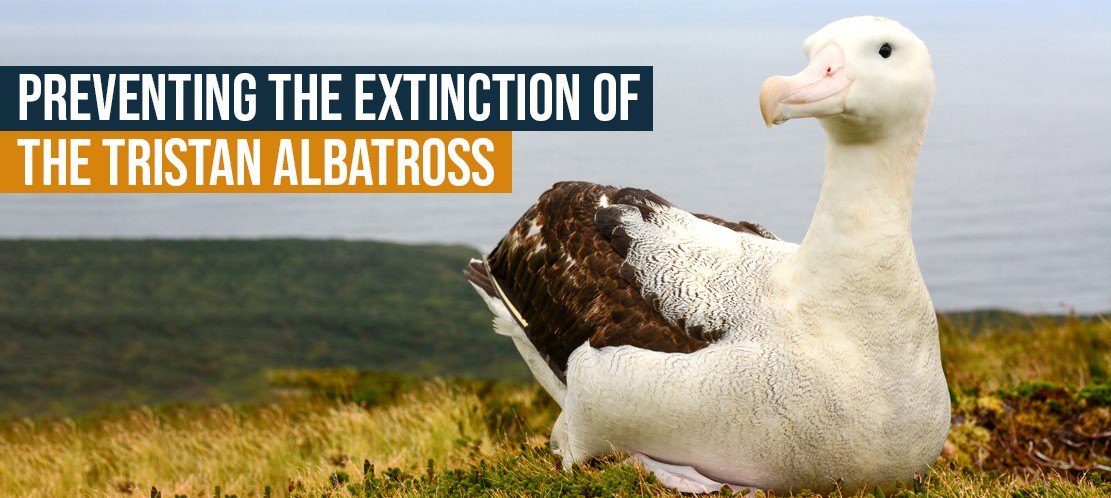
The Gough Island Restoration Programme (GIRP) is arguably the most significant eradication project to be implemented in 2021. Island Conservation…
Read More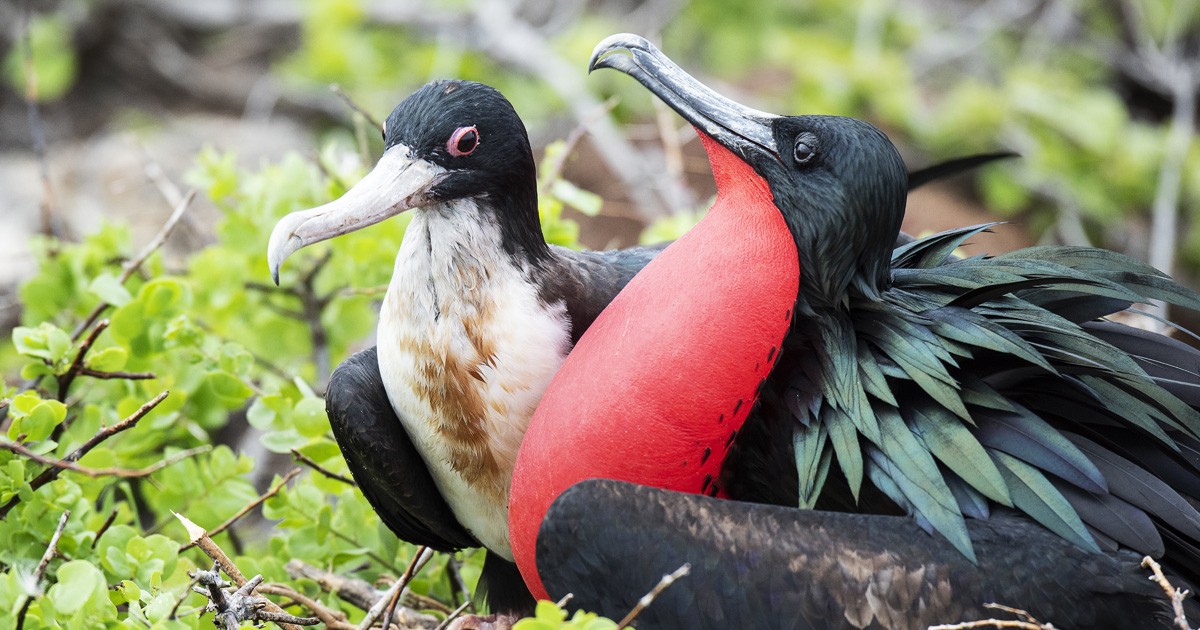
Media contact: Claudio Uribe - claudio.uribe@islandconservation.org Photos available Two years after implementing the rodent eradication program on Seymour Norte and…
Read More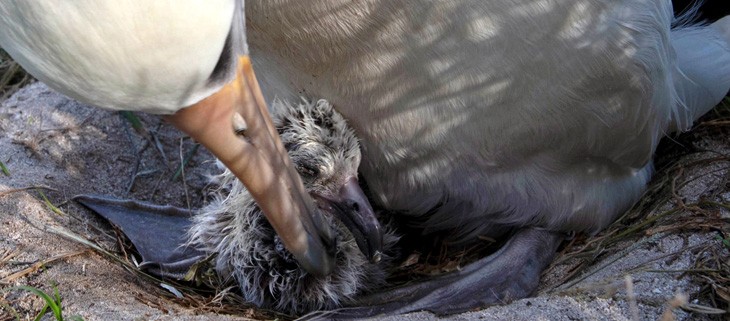
The New York Times features the world’s oldest known wild bird, Wisdom the Laysan Albatross who has hatched a new…
Read More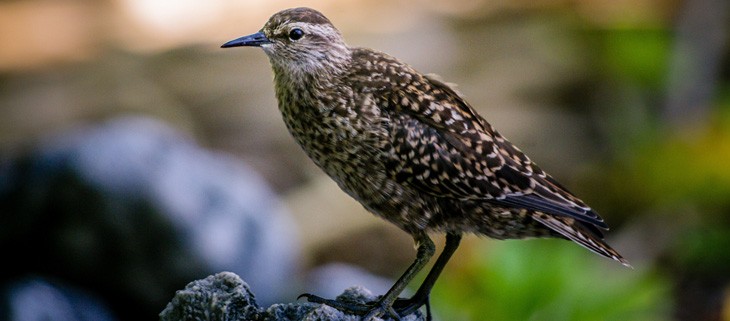
Five years after the ground-breaking invasive rat removal program in the Acteon-Gambier Islands, a monitoring mission takes the pulse of…
Read More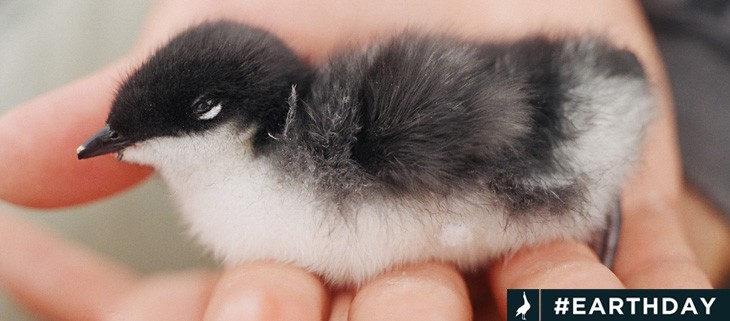
As Earth Day approaches, Island Conservation will share stories of hope and success in conservation. The first project of its…
Read More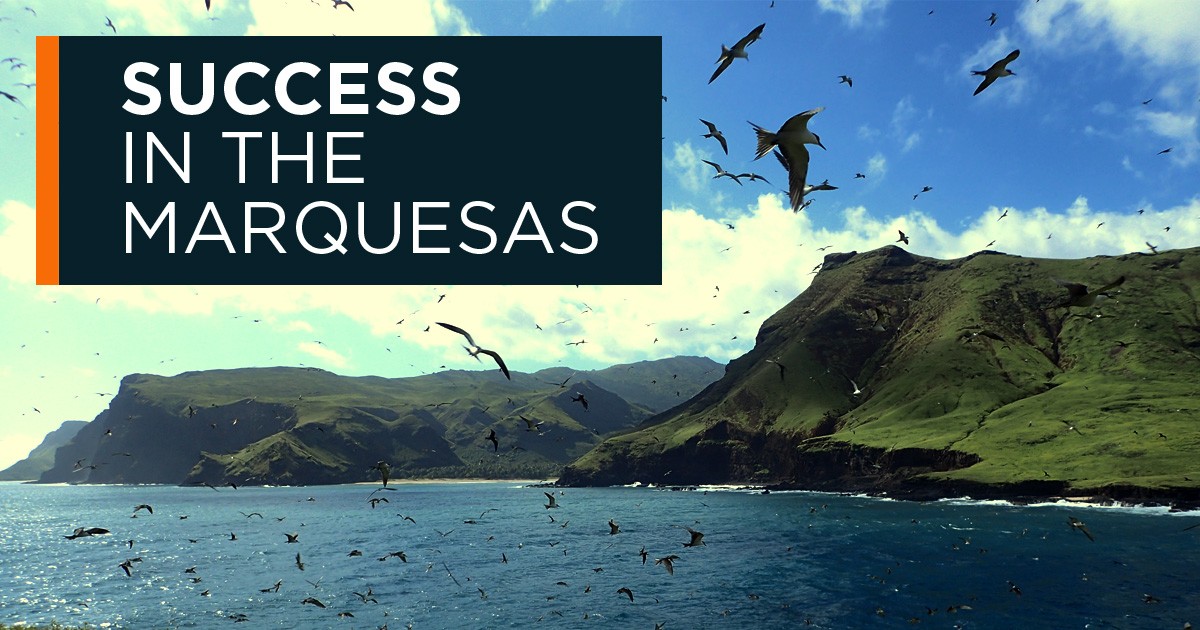
Marquesan Island Teuaua cleared of invasive rats to protect native seabirds. This action will protect nationally significant populations of Sooty…
Read More
New research demonstrates a strong positive benefit to native trees following invasive species removal. Media Release New research published in…
Read More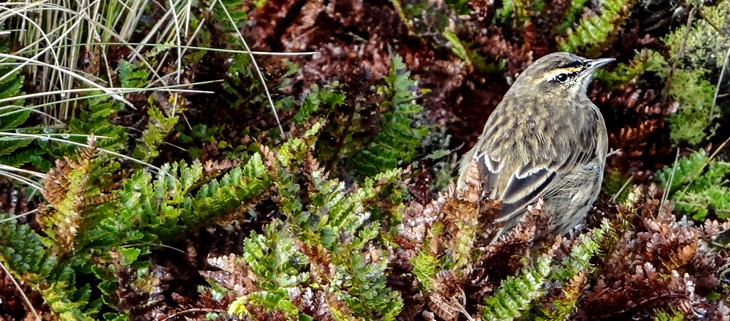
Monitoring results from Antipodes Island, New Zealand indicate recovery of native insects and birds after the successful removal of invasive…
Read More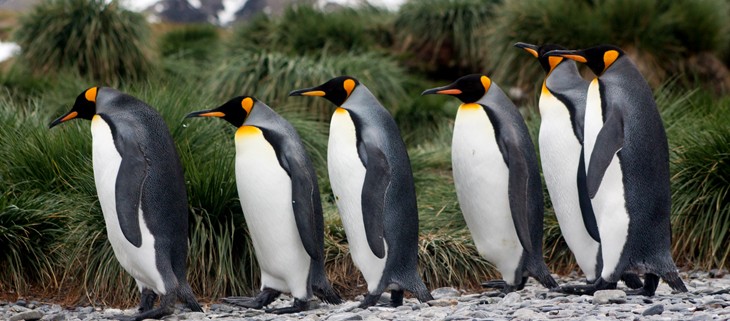
South Georgia Island species are recovering following the largest rat removal project in history. By: Emma Marris A remote, freezing,…
Read More
Watching an island recover after conservation intervention is a welcome challenge for scientists. Islands are well known for their vibrant,…
Read More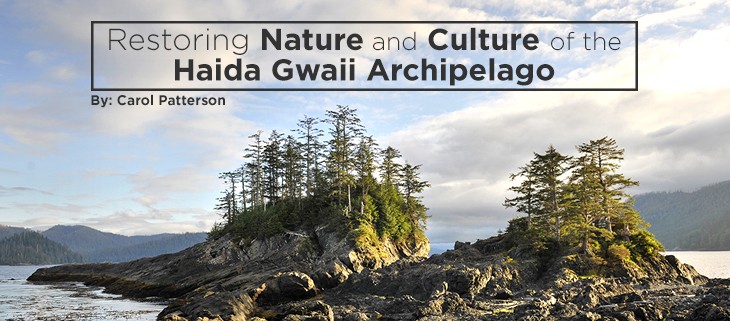
Scientists and traditional-knowledge keepers endeavor to restore the natural and cultural landscapes of the Haida Gwaii archipelago in British Columbia.…
Read More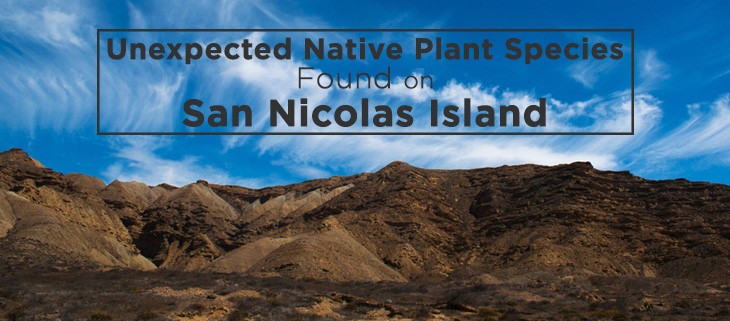
Researchers have found new species of plants never before seen on San Nicolas Island and believe this could inform knowledge…
Read More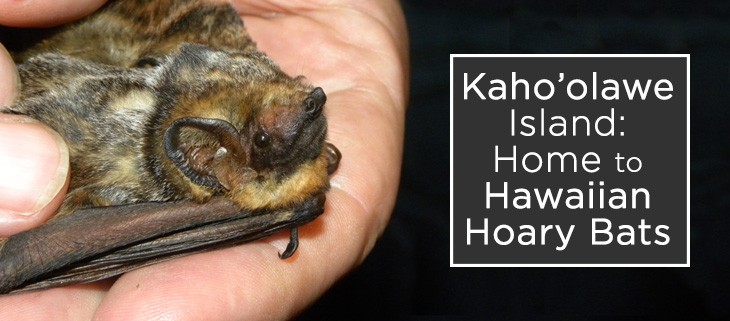
After years of speculation, researchers have confirmed that Hawai’i’s only land mammal, the Endangered Hoary Bat, still lives on Kaho’olawe…
Read More
Loop Tonga recently covered our successful operation to protect native biodiversity on the islands of Malinoa and Motu Tapu in Tonga, Polynesia…
Read More
Versión en Español Chile Designates Largest Marine Protected Area in South America Can you imagine a marine park the size of…
Read More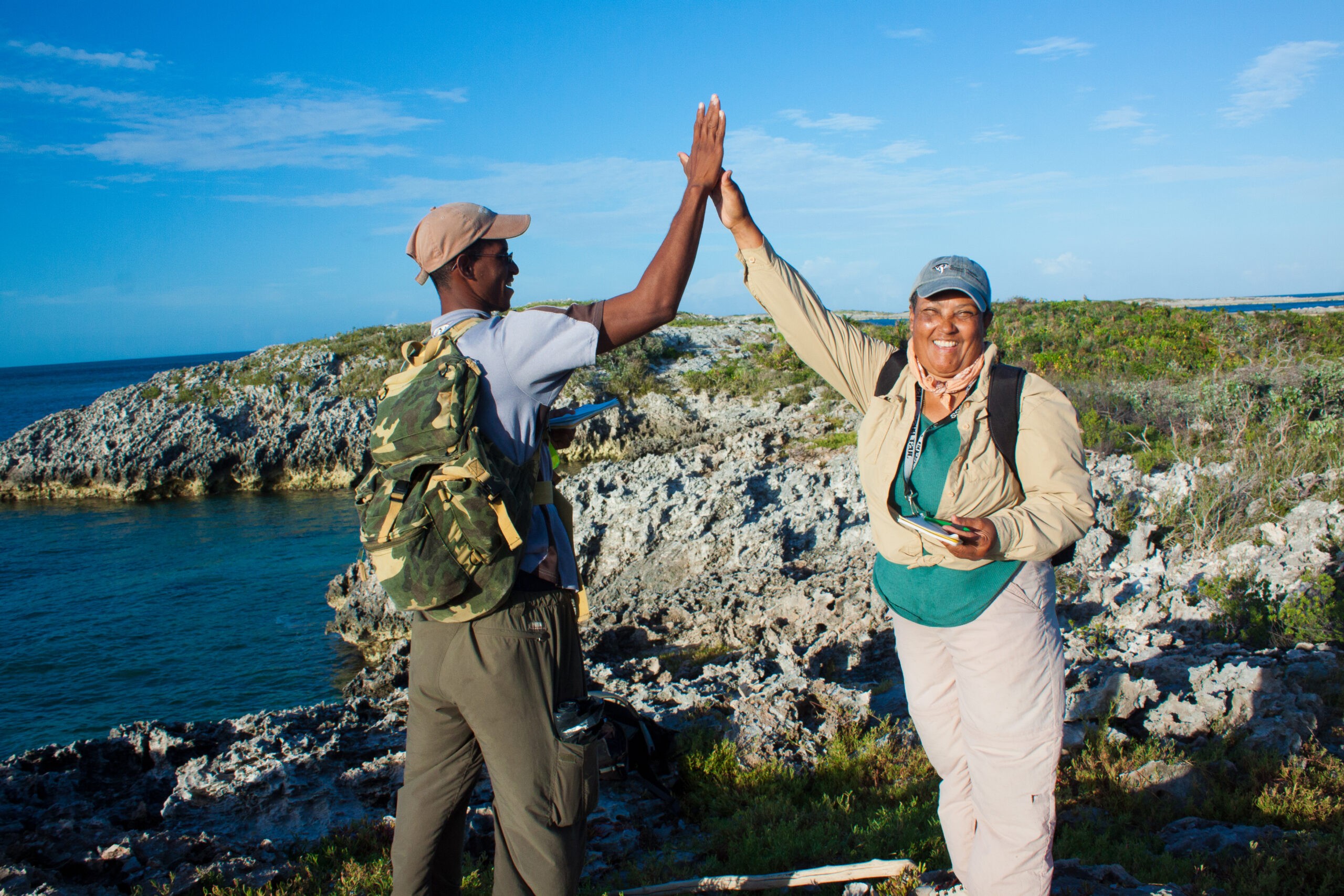
Allen Cay, The Bahamas was declared free of damaging, invasive house mice today by a partnership restoring the Cay’s natural…
Read More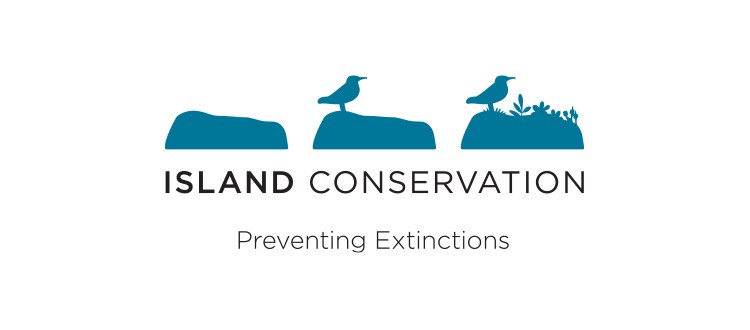
Island Restoration Project in French Polynesia Officially Declared a Success. A recent expedition to Tahanea by our colleagues at Simon…
Read MoreNo featured image available.
Press Release Isla de la Plata, Ecuador is a small island (1,420 ha) that is part of the Machalilla National…
Read More
Our projects to restore key islets in Nukufetau Atoll forecast climate resilience and community benefits in Tuvalu!
Read More
Mona Island, Puerto Rico is a key nesting ground for endangered species--but it's in danger! Read about our project to…
Read More
Read Coral Wolf's interview about the thrilling news of rare birds nesting on Kamaka
Read More
Endangered Polynesian storm-petrels returning to Kamaka Island, French Polynesia within one month of social attraction tools being deployed. Polynesian…
Read More
Audubon's Shearwaters are nesting on Desecheo Island for the first time ever! Read about how we used social attraction to…
Read More
Three Island-Ocean Connection Challenge projects in the Republic of the Marshall Islands bring hope for low-lying coral atolls!
Read More
Part 1 of filmmaker Cece King's reflection on her time on Juan Fernandez Island in Chile, learning about conservation and…
Read More
After decades of absence, rare Peruvian Diving-Petrels have returned to nest on Pajaros Uno island, recently free from invasive predators!
Read More
Read the account of citizen scientist Jim Torgerson's journey to Kamaka to help save Polynesian Storm-petrels!
Read More
Five native finch species were released on Floreana Island, forecasting success for the largest conservation project in the Galapagos!
Read More
Endangered Seabird Population Flourishing on Chilean Island for First Time in Decades Thanks to Invasive Rabbit Removal
Read More
A recent article in Canadian Wildlife Magazine spotlights Island Conservation's work on Hawadax and around the world!
Read More
A restoration effort on Tuvalu brings new hope for a low-lying atoll plagued by invasive rats.
Read More
By: Paul Jacques, Island Restoration Specialist In March this year I first set foot on the coral sand beach of…
Read More
Island community partners with international organizations to restore biodiversity and build climate resiliency by removing invasive rats. Native plants and…
Read More
Island Conservation’s Palau Program Manager, Loyola Darius, shares the story of recovery on Ngeanges Island and Kayangel Atoll after the…
Read More
Seabirds are once again thriving thanks to the successful removal of invasive rats In its efforts to adapt to climate…
Read More
Island Conservation, Re:wild, and UC San Diego’s Scripps Institution of Oceanography, along with a growing cadre of Island-Ocean Connection Challenge…
Read More
High above the ocean and carved within limestone cliffs in the north-west of Ulong Island lie ancient caves that contain…
Read More
Three years of planning, several weeks of intense field work and more than 500 drone flights were required to complete…
Read More
Island Conservation is releasing a request for information from companies that can supply aerial application services for the removal of…
Read More
What happens when you remove predatory rats from an island where native birds are constantly threatened, their eggs are eaten,…
Read More
The Mona Iguana (Cyclura stejnegeri) is a Critically Endangered species of lizard found only on Mona Island, Puerto Rico. It…
Read More
Two species that were previously extinct on the Galapagos Islands have reappeared a decade after an invasive predator population was…
Read More
This article is a reprint from Newsweek published on December 12, 2022 by Aristos Georgiou. You can find the press…
Read More
Our fearless Island Restoration Specialist dedicates so much of his time and expertise in the field – all to protect…
Read More
The Gough Island Restoration Programme (GIRP) is arguably the most significant eradication project to be implemented in 2021. Island Conservation…
Read More
Media contact: Claudio Uribe - claudio.uribe@islandconservation.org Photos available Two years after implementing the rodent eradication program on Seymour Norte and…
Read More
The New York Times features the world’s oldest known wild bird, Wisdom the Laysan Albatross who has hatched a new…
Read More
Five years after the ground-breaking invasive rat removal program in the Acteon-Gambier Islands, a monitoring mission takes the pulse of…
Read More
As Earth Day approaches, Island Conservation will share stories of hope and success in conservation. The first project of its…
Read More
Marquesan Island Teuaua cleared of invasive rats to protect native seabirds. This action will protect nationally significant populations of Sooty…
Read More
New research demonstrates a strong positive benefit to native trees following invasive species removal. Media Release New research published in…
Read More
Monitoring results from Antipodes Island, New Zealand indicate recovery of native insects and birds after the successful removal of invasive…
Read More
South Georgia Island species are recovering following the largest rat removal project in history. By: Emma Marris A remote, freezing,…
Read More
Watching an island recover after conservation intervention is a welcome challenge for scientists. Islands are well known for their vibrant,…
Read More
Scientists and traditional-knowledge keepers endeavor to restore the natural and cultural landscapes of the Haida Gwaii archipelago in British Columbia.…
Read More
Researchers have found new species of plants never before seen on San Nicolas Island and believe this could inform knowledge…
Read More
After years of speculation, researchers have confirmed that Hawai’i’s only land mammal, the Endangered Hoary Bat, still lives on Kaho’olawe…
Read More
Loop Tonga recently covered our successful operation to protect native biodiversity on the islands of Malinoa and Motu Tapu in Tonga, Polynesia…
Read More
Versión en Español Chile Designates Largest Marine Protected Area in South America Can you imagine a marine park the size of…
Read More
Allen Cay, The Bahamas was declared free of damaging, invasive house mice today by a partnership restoring the Cay’s natural…
Read More
Island Restoration Project in French Polynesia Officially Declared a Success. A recent expedition to Tahanea by our colleagues at Simon…
Read MoreNo featured image available.
Press Release Isla de la Plata, Ecuador is a small island (1,420 ha) that is part of the Machalilla National…
Read More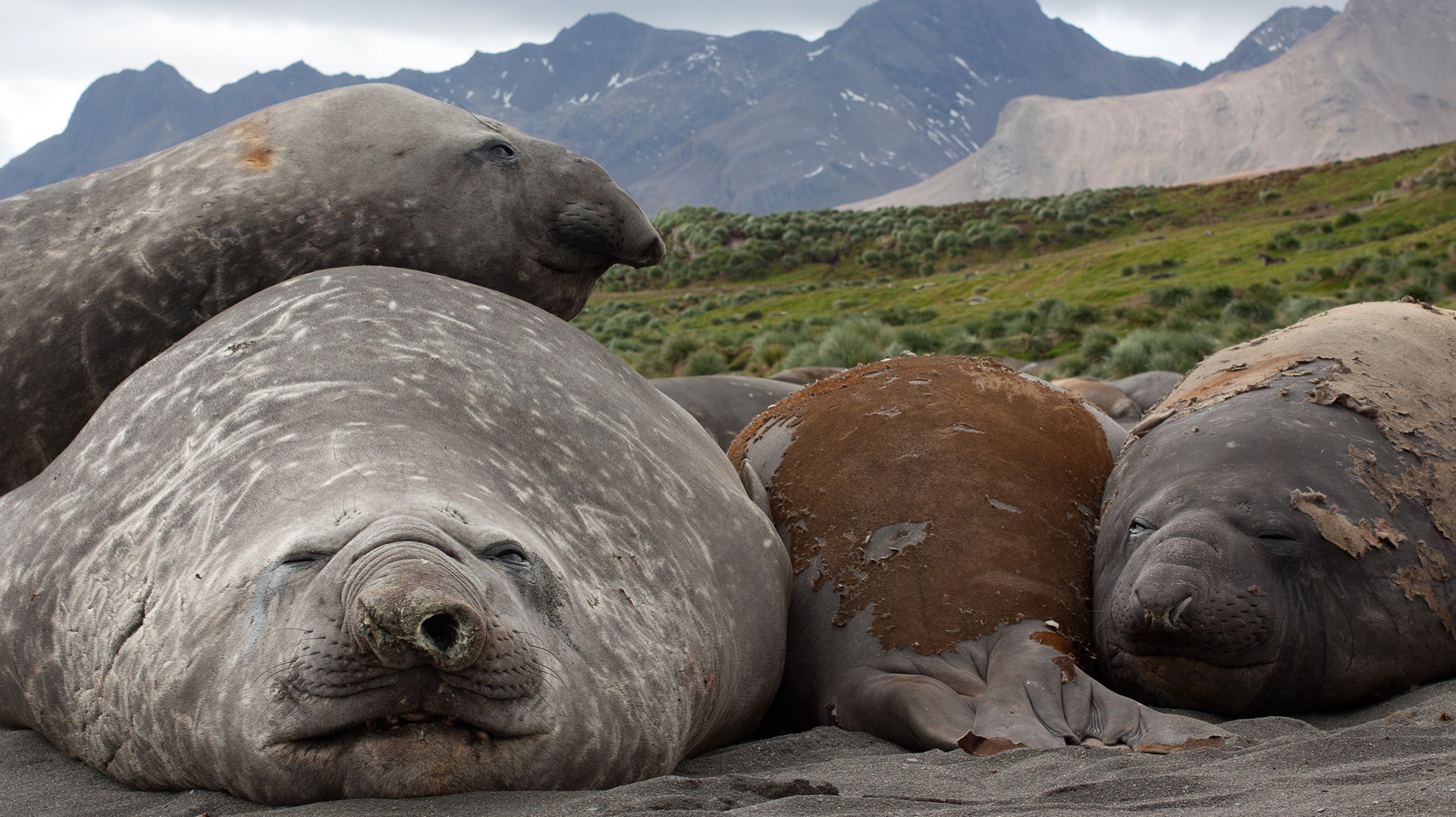
See the latest updates from the field.

Our projects to restore key islets in Nukufetau Atoll forecast climate resilience and community benefits in Tuvalu!

Mona Island, Puerto Rico is a key nesting ground for endangered species--but it's in danger! Read about our project to protect this beautiful, biodiverse island.

Read Coral Wolf's interview about the thrilling news of rare birds nesting on Kamaka

Audubon's Shearwaters are nesting on Desecheo Island for the first time ever! Read about how we used social attraction to bring them home.

Three Island-Ocean Connection Challenge projects in the Republic of the Marshall Islands bring hope for low-lying coral atolls!
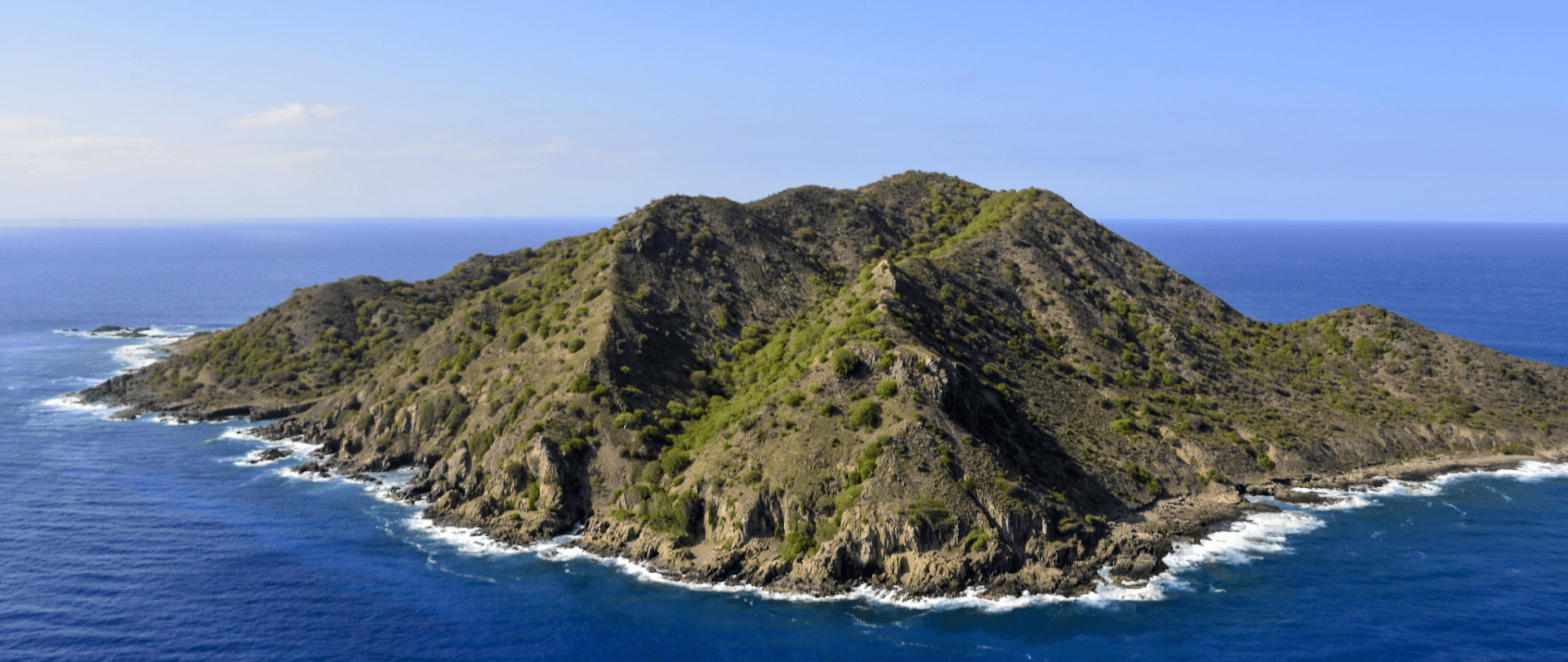
A new article in Caribbean Ornithology heralds the success of one of our most exciting restoration projects: Desecheo Island, Puerto Rico!
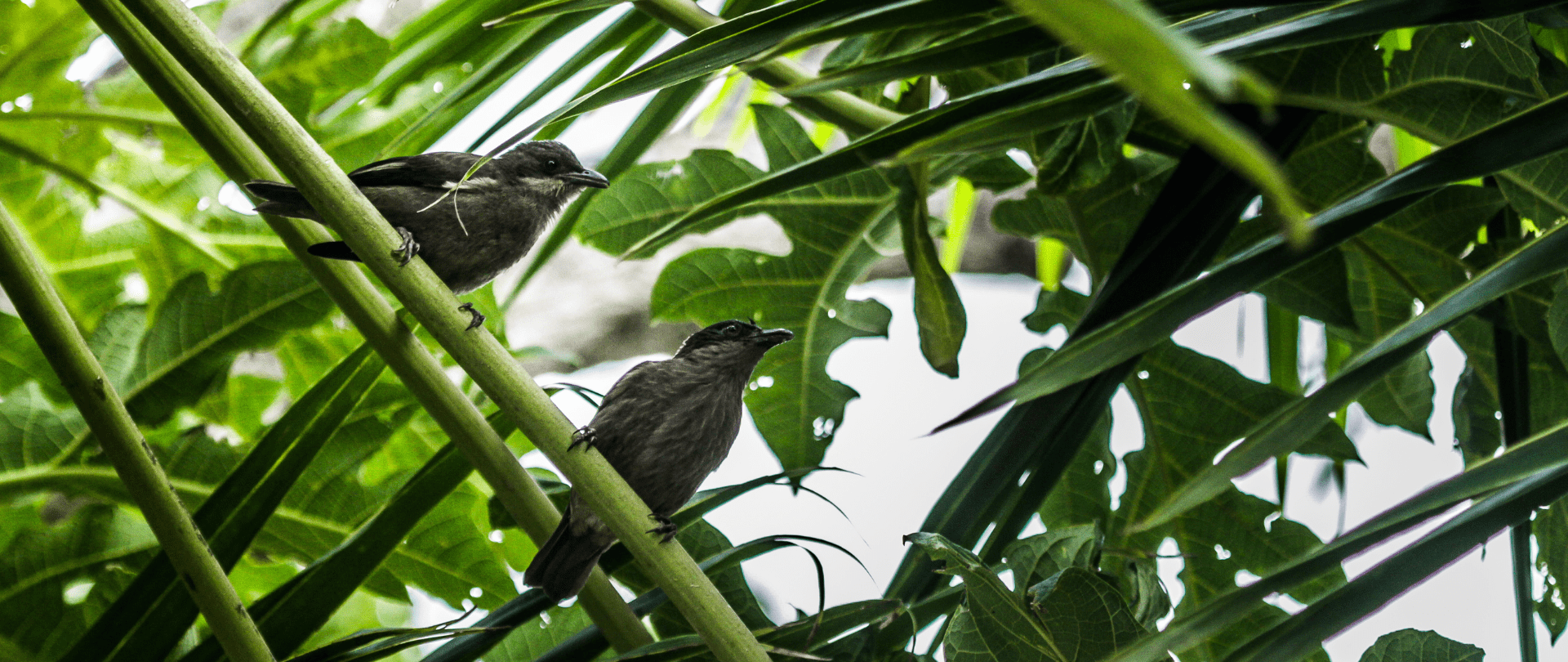
A recent monitoring trip to Late Island shows promising results!

Part 1 of filmmaker Cece King's reflection on her time on Juan Fernandez Island in Chile, learning about conservation and community!

After decades of absence, rare Peruvian Diving-Petrels have returned to nest on Pajaros Uno island, recently free from invasive predators!
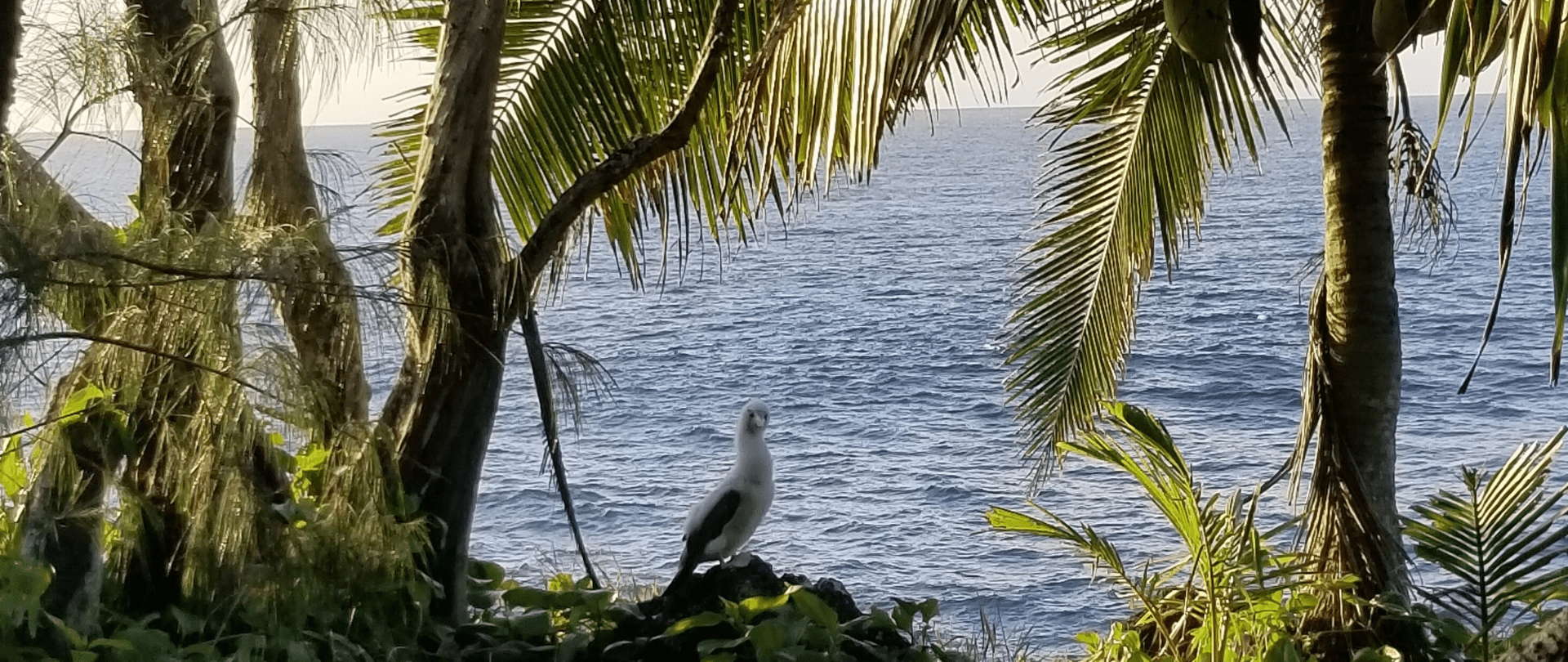
Our team returns from Late Island, Tonga with reports that our conservation actions work! Read notes from our Conservation Impact Director!
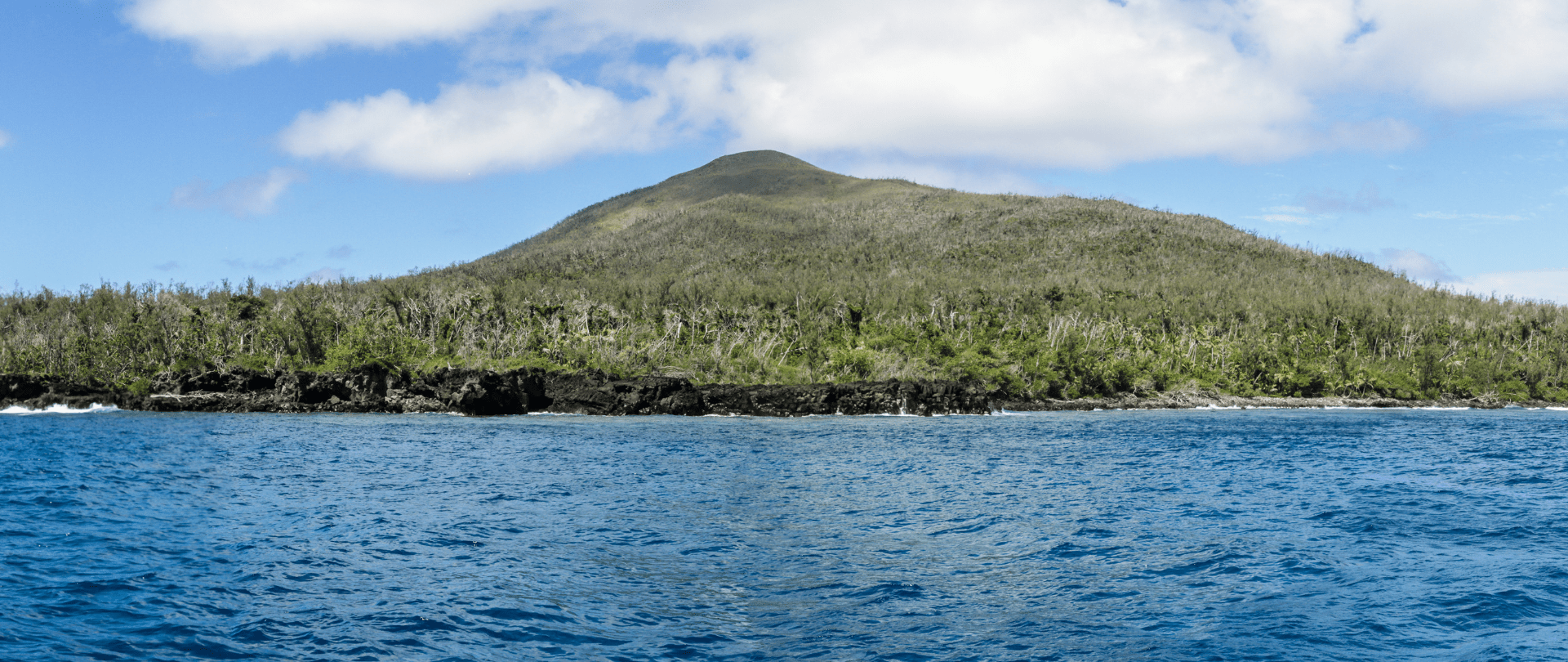
What does an Island Conservation project sound like? Listen to the new episode of Voice of Tangaroa to get the inside scoop on Late Island!

Loosiep Island in Ulithi Atoll, Yap State, is now confirmed to be free from damaging invasive species!

Read the account of citizen scientist Jim Torgerson's journey to Kamaka to help save Polynesian Storm-petrels!
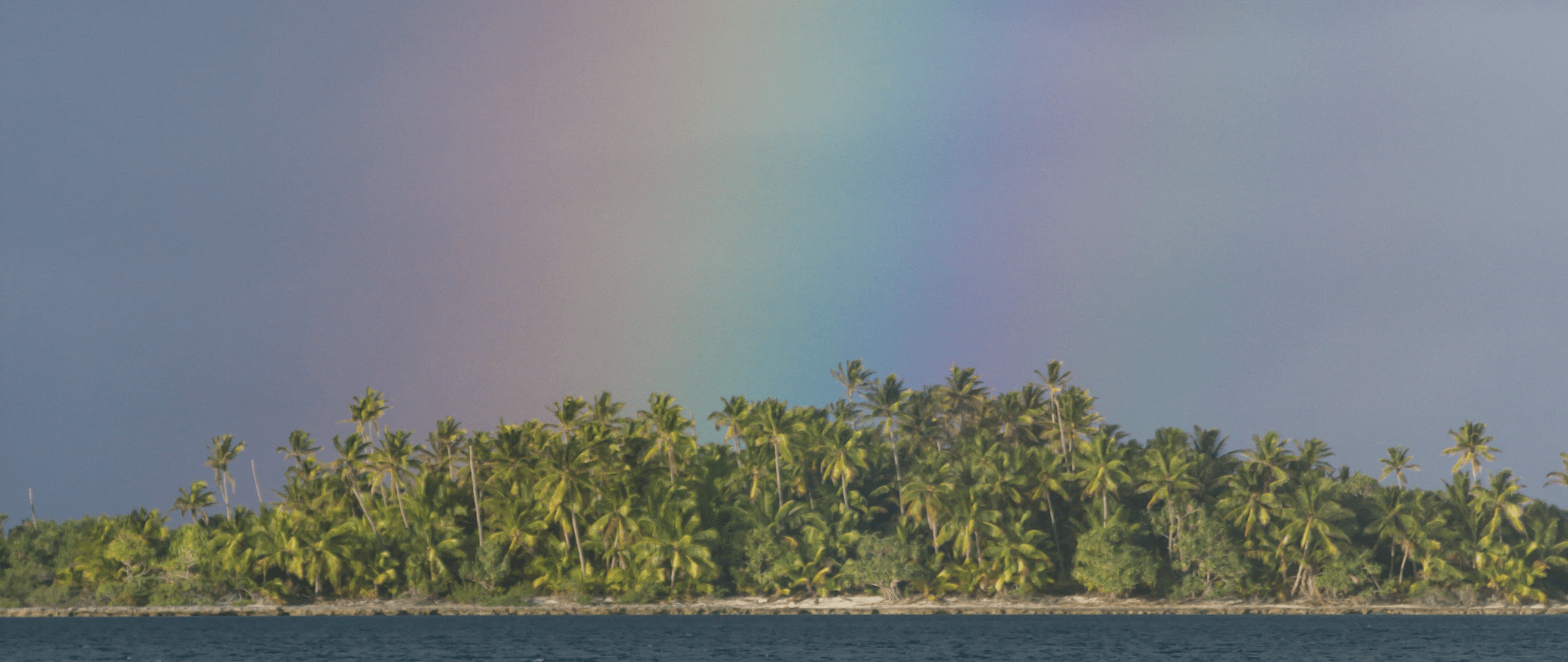
Island Conservation turns 30! Three decades of work add up to an immeasurable number of positive impacts.

Island Conservation seeks proposals from companies that can provide aerial support in the form of Uncrewed Aerial Systems or Helicopters.
Everything is connected.
The Island-Ocean Connection Challenge is a catalytic global initiative co-founded by Island Conservation, Re:wild, and UC San Diego’s Scripps Institution of Oceanography that brings together diverse partners to benefit islands and oceans. Now, with a collective of over fifty partners from across the globe, we are on our way to accomplishing our shared goal.
40 Islands by 2030.
Alongside our partners, we are restoring at least 40 globally significant island-ocean ecosystems from ridge to reef by 2030 to benefit people, wildlife, and our planet.
Find out how close we are to our goal and how to get involved by visiting the Island-Ocean Connection Challenge.
Curious to see what real, tangible impact looks like? Check out how we’re transforming island-ocean ecosystems, creating lasting change felt across the globe.
Lorem ipsum dolor sit amet, consectetur adipiscing elit, sed do eiusmod
tempor incididunt ut labore et dolore magna aliqua.
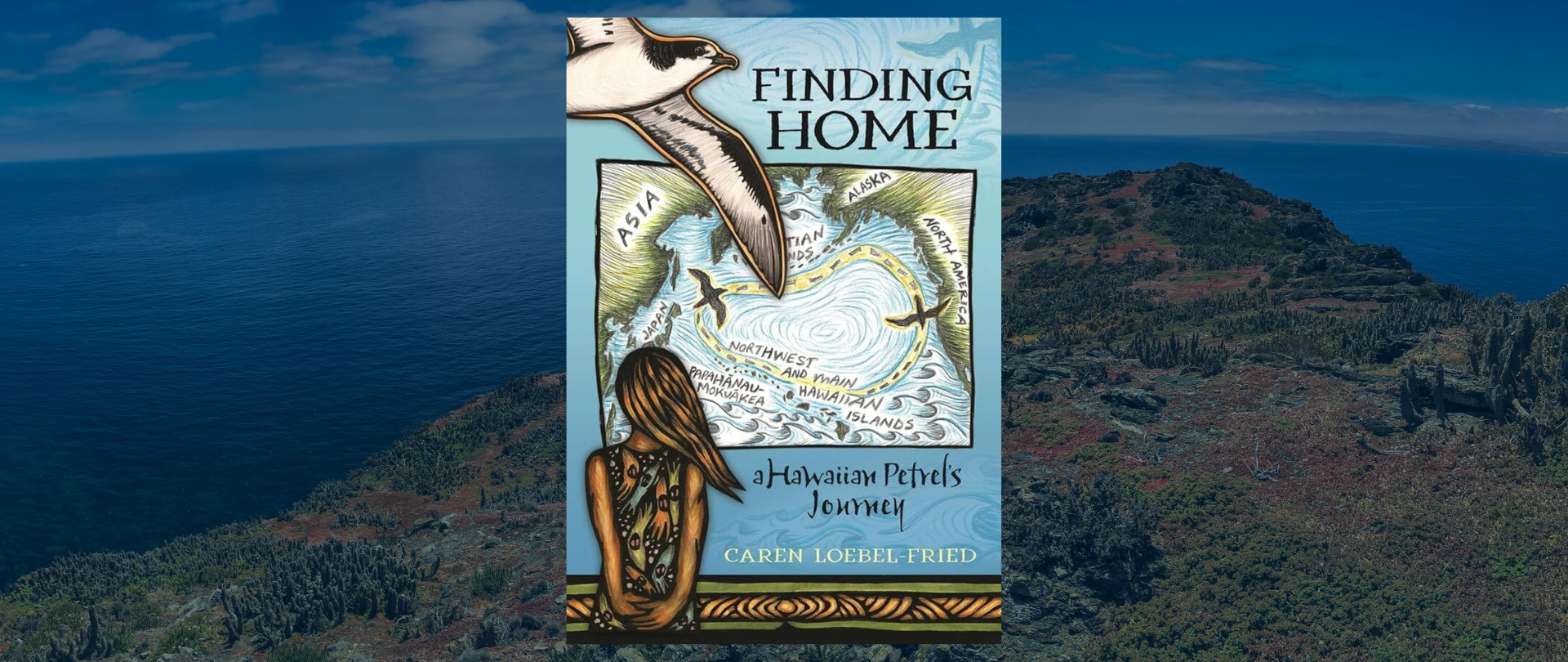
Caren Loebel-Fried's new book tells the story of what it takes to save a species, introducing a new generation to the conservation ethic that can save our planet!
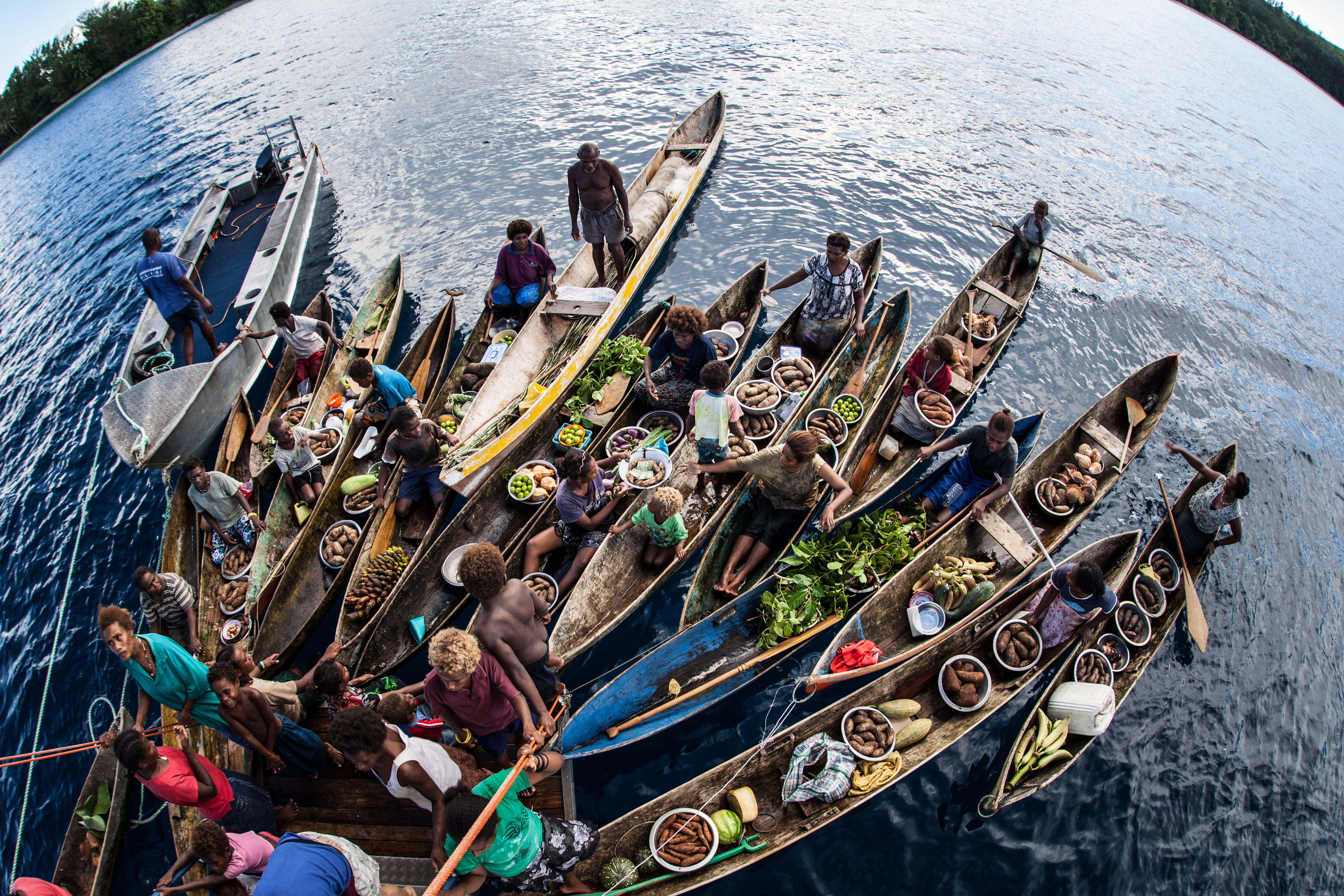
Looking for that perfect gift for the environmentally-conscious people in your life? Our gift guide has you covered!
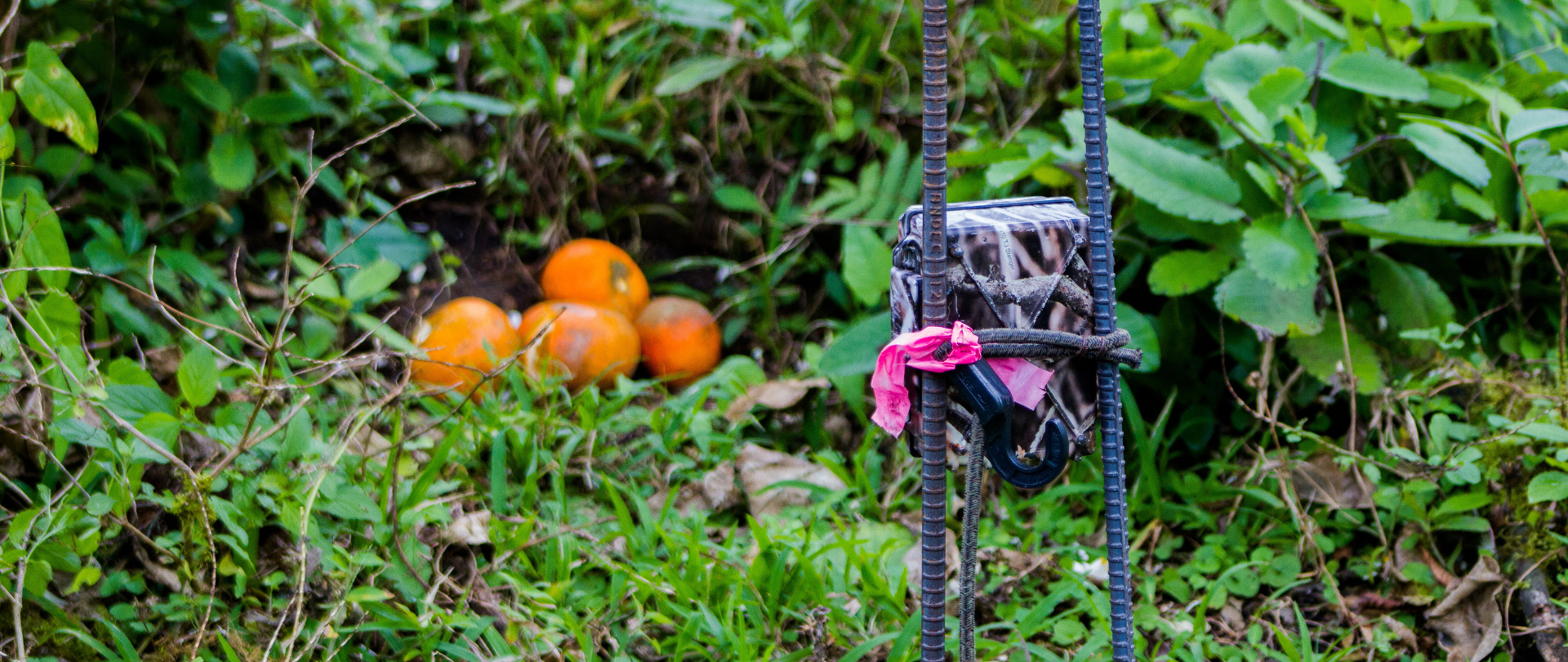
We're using a cutting-edge new tool to sense and detect animals in remote locations. Find out how!